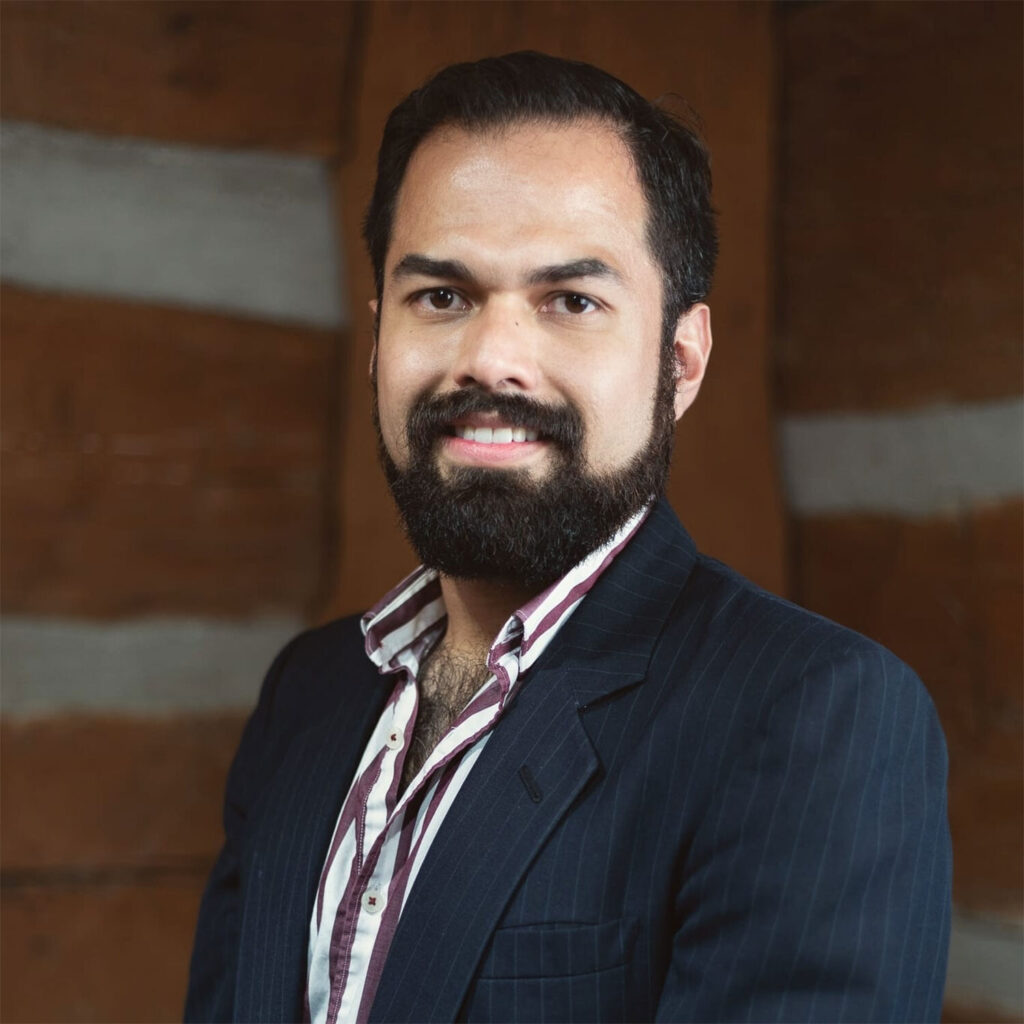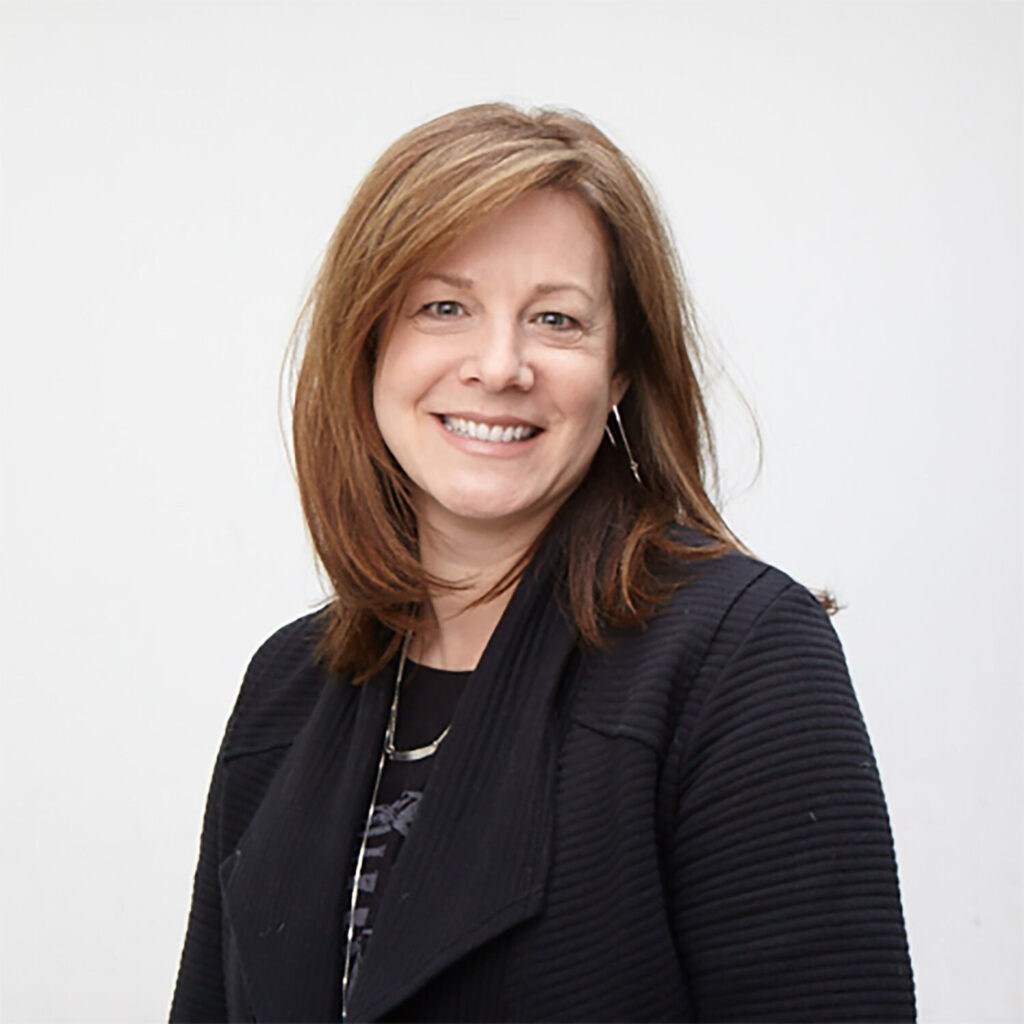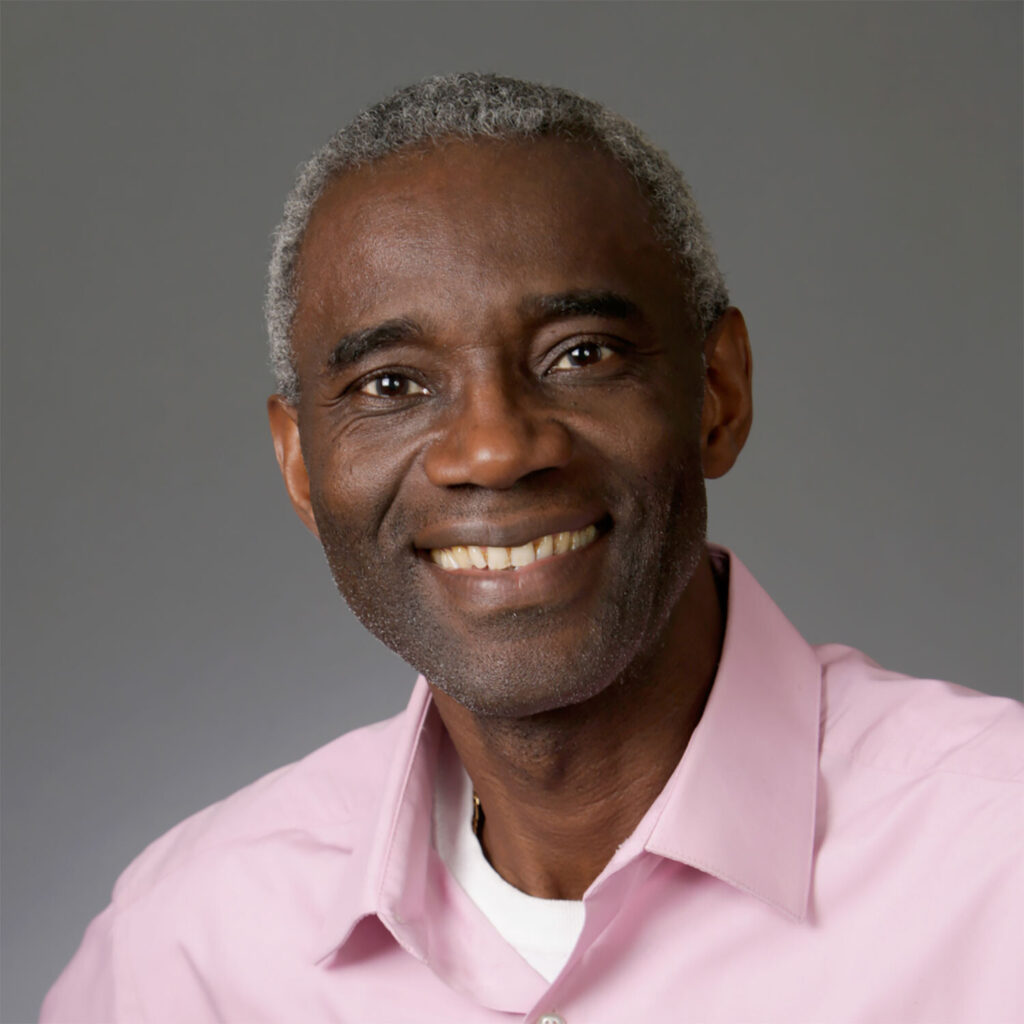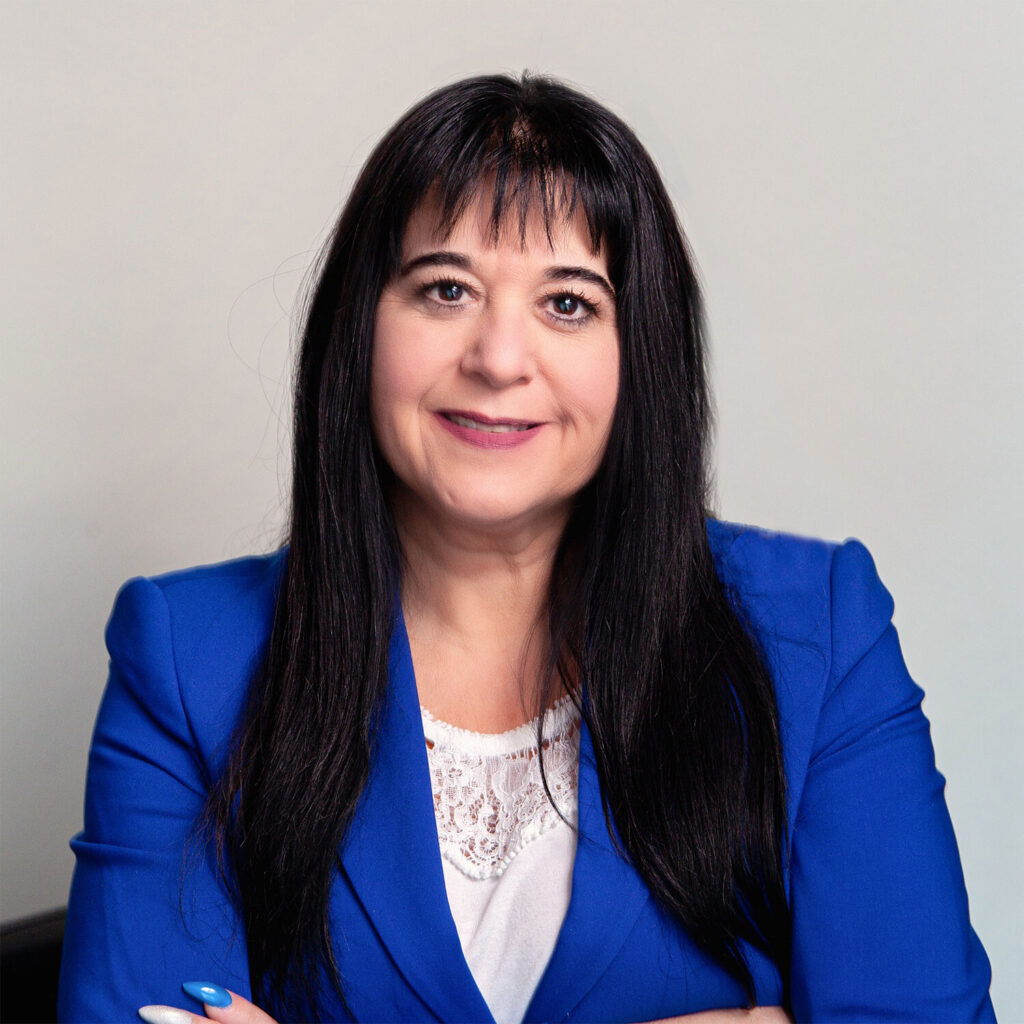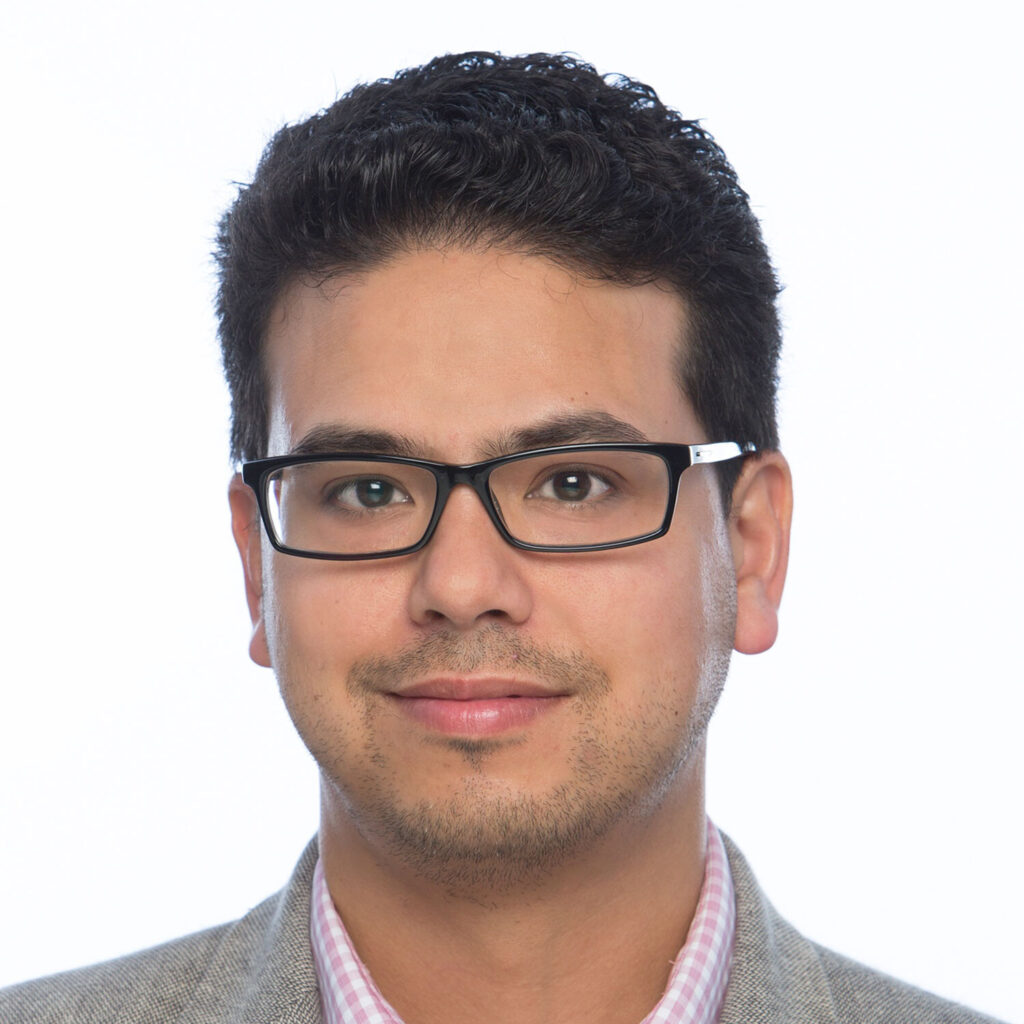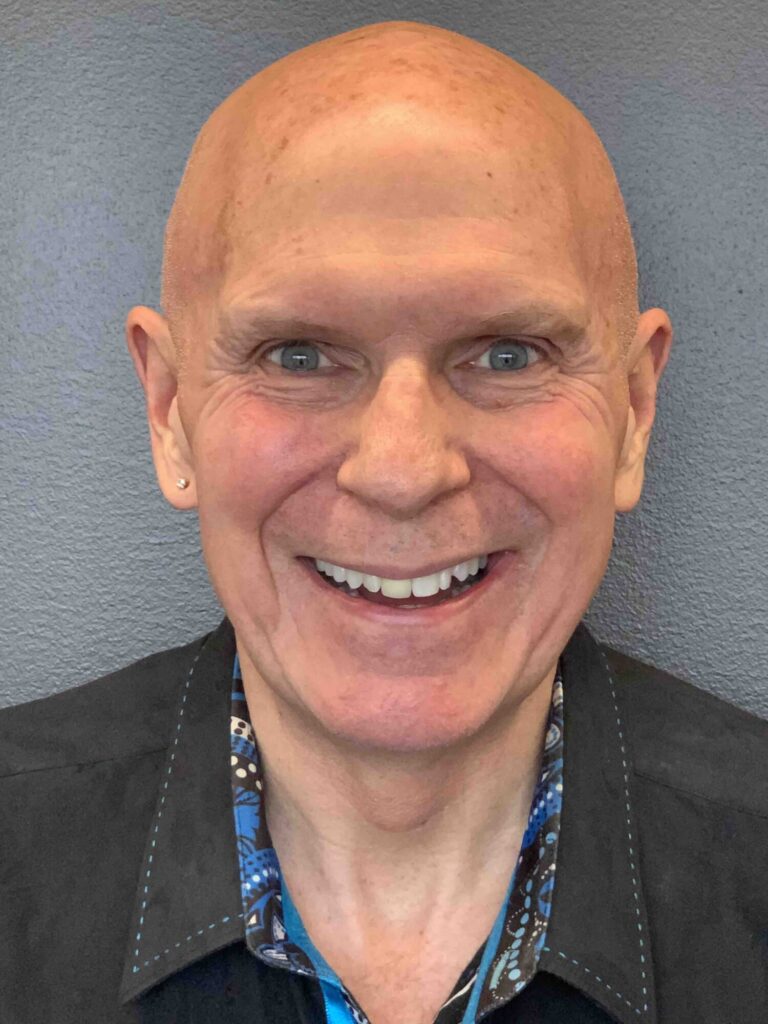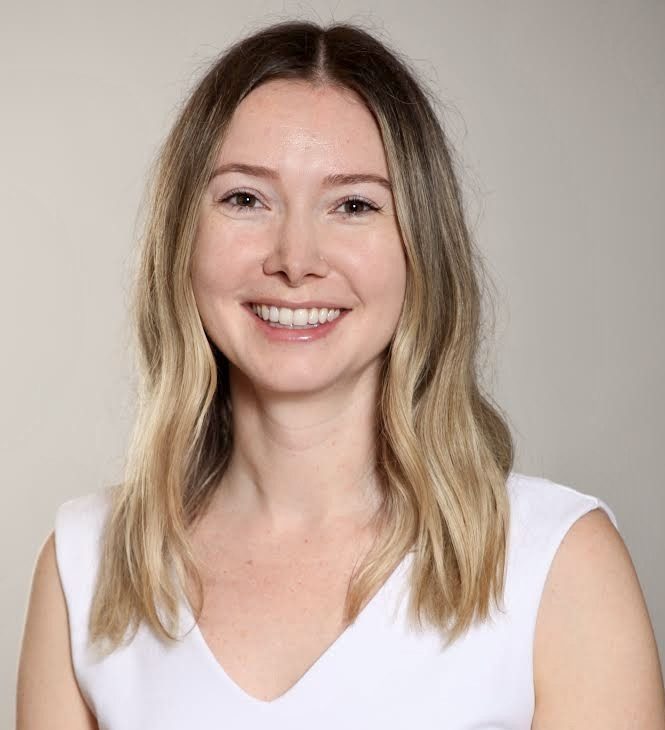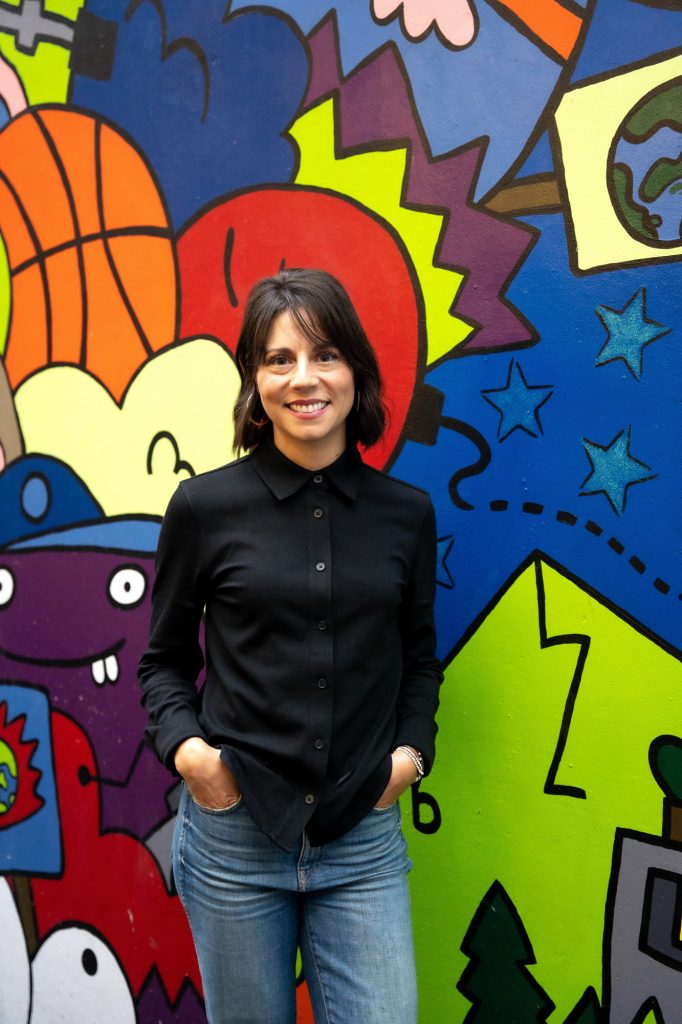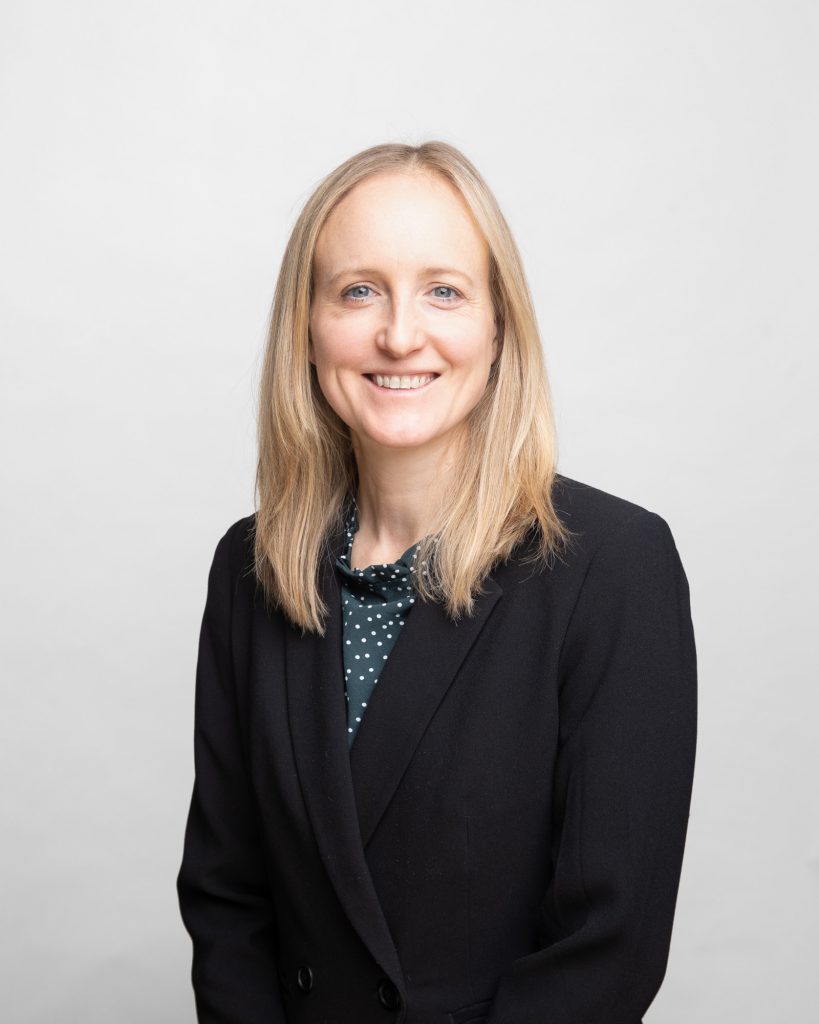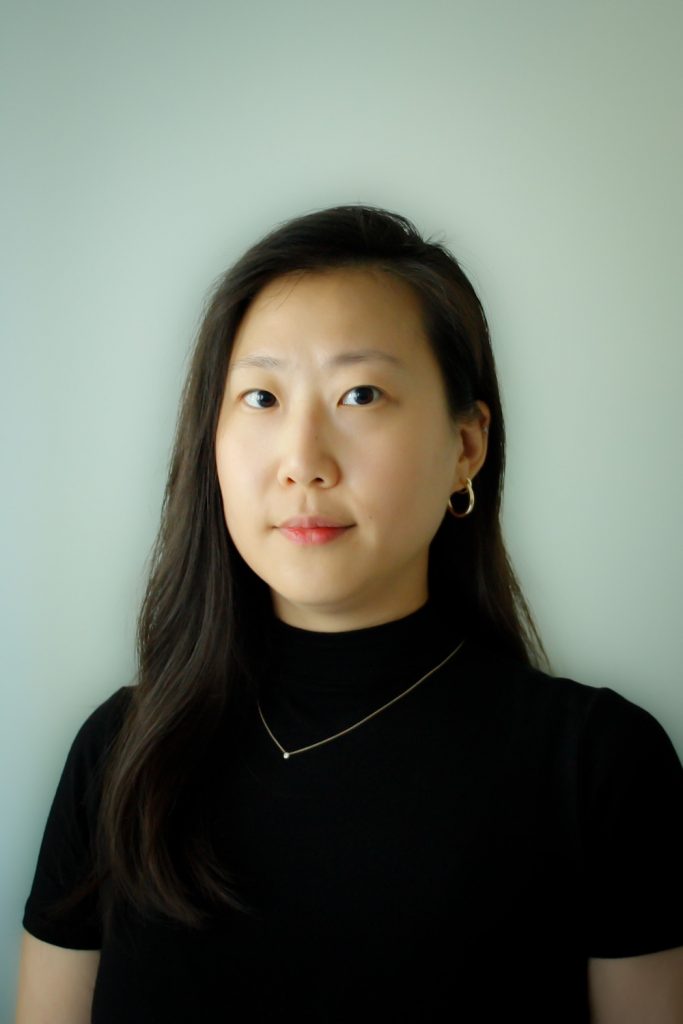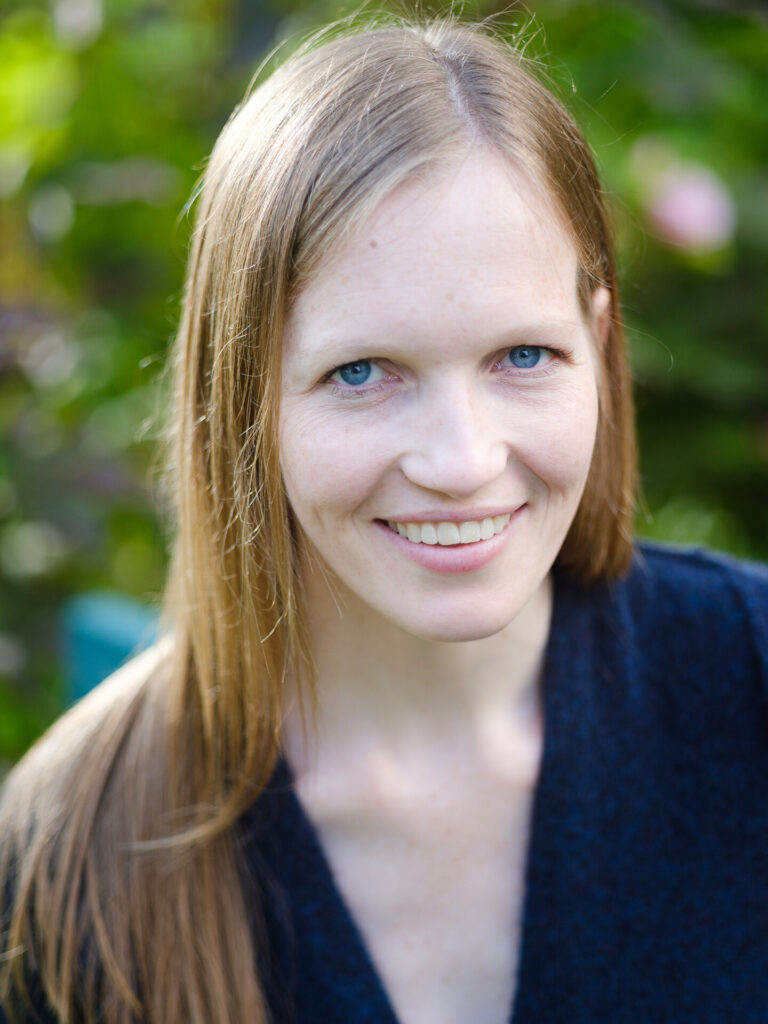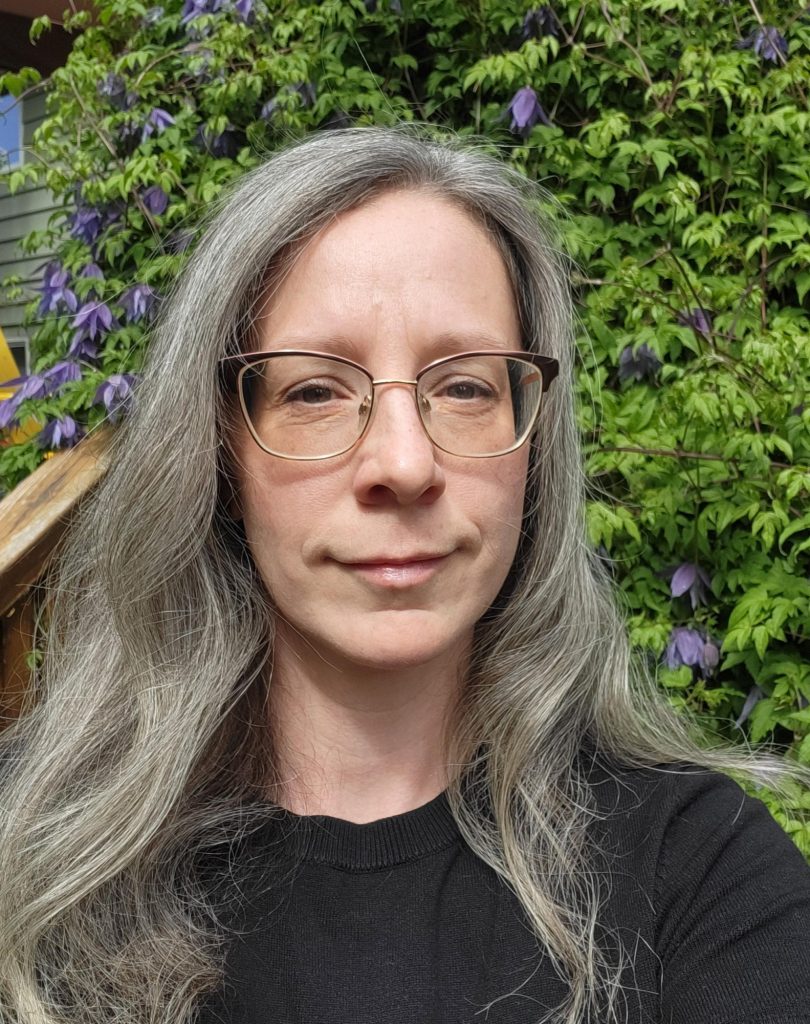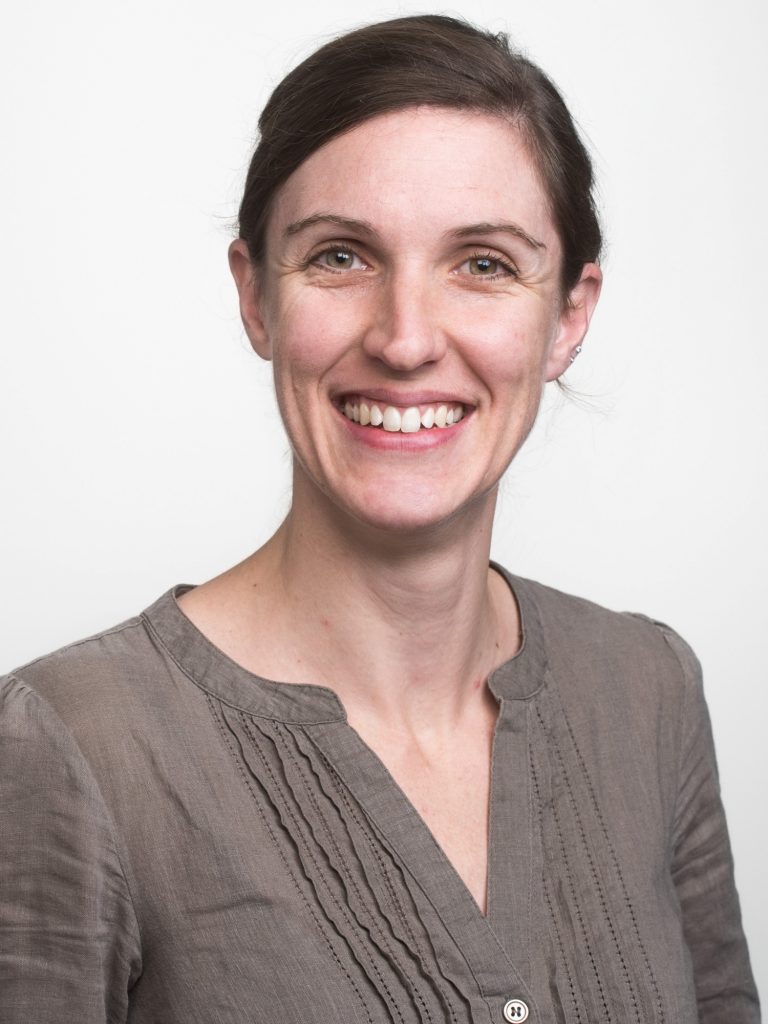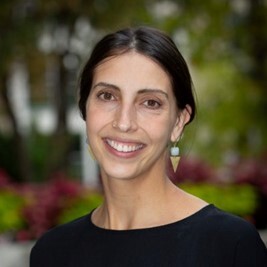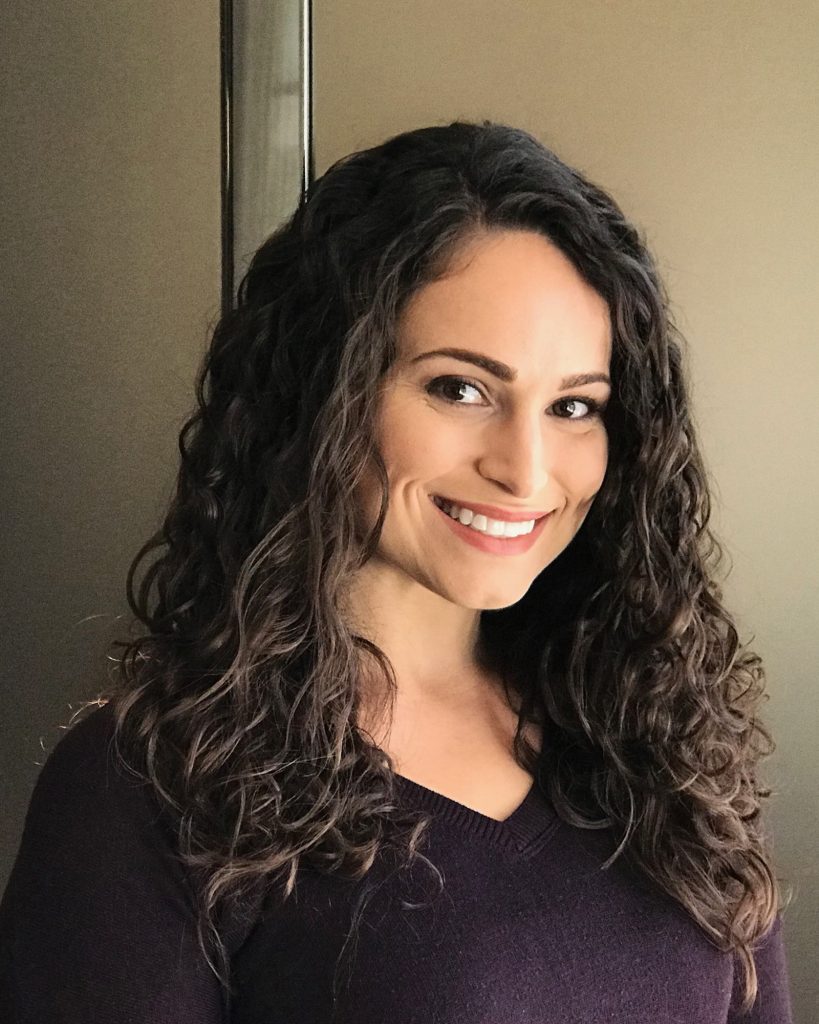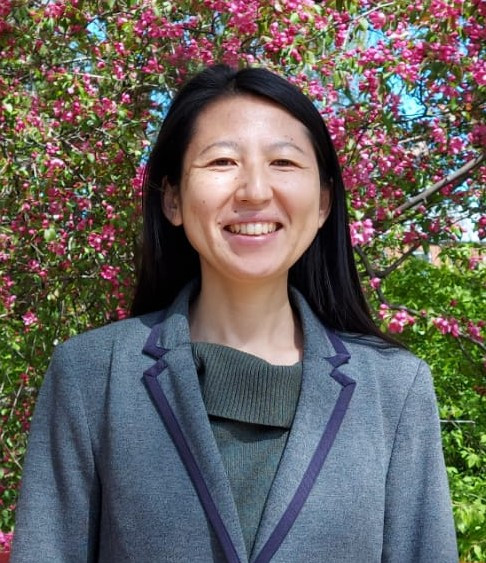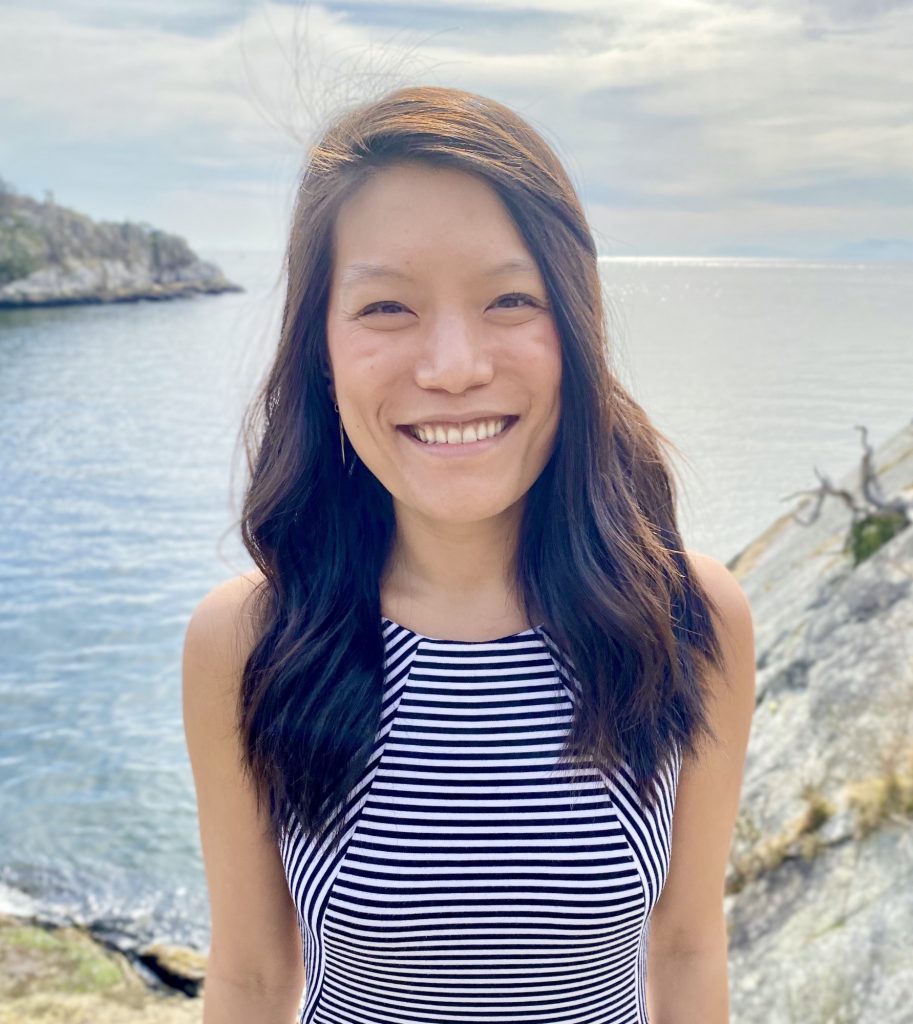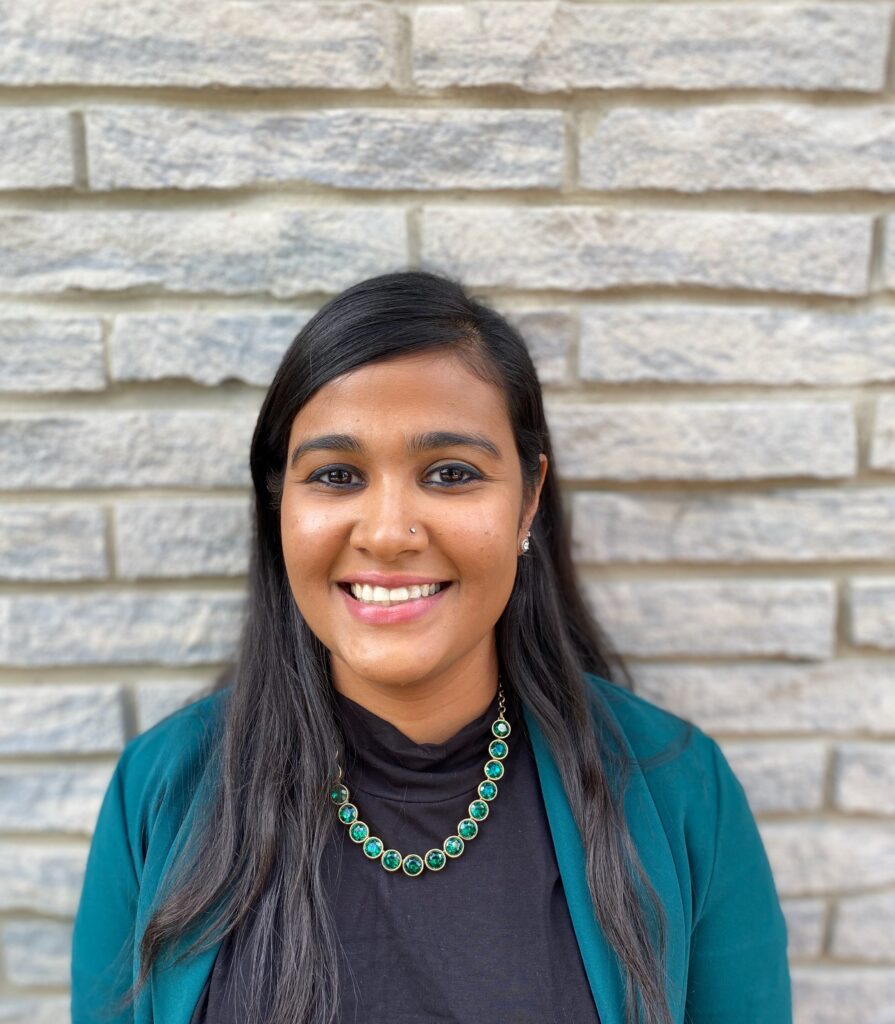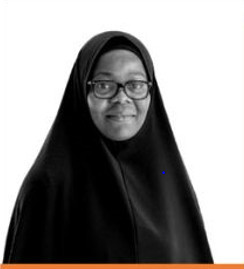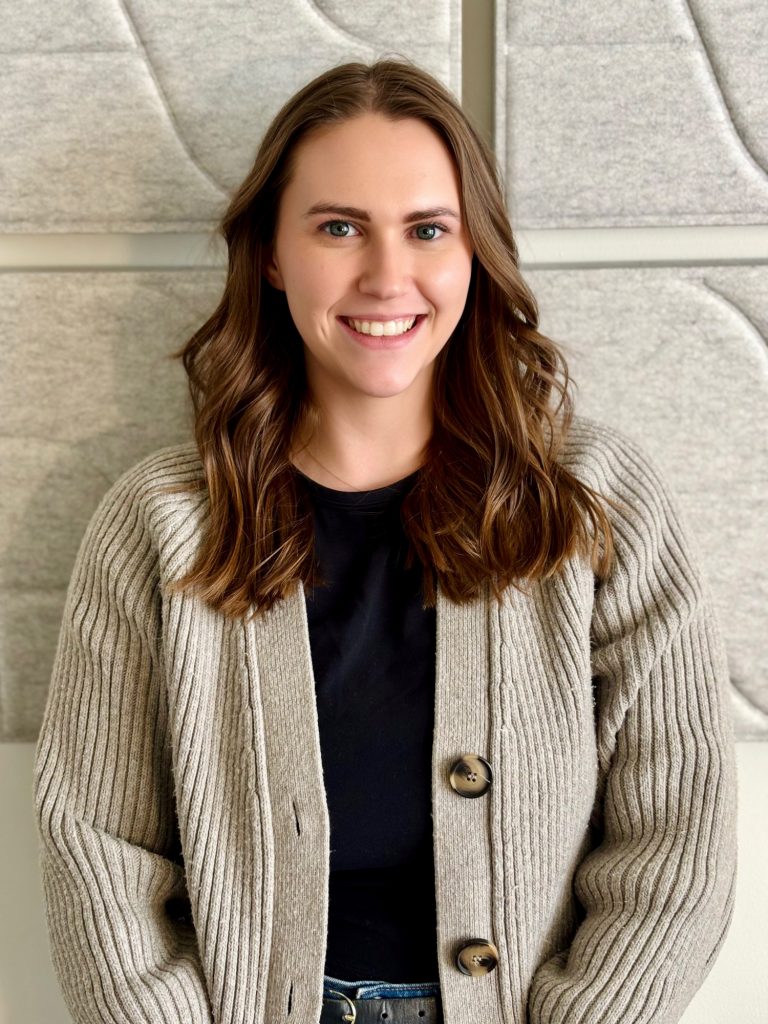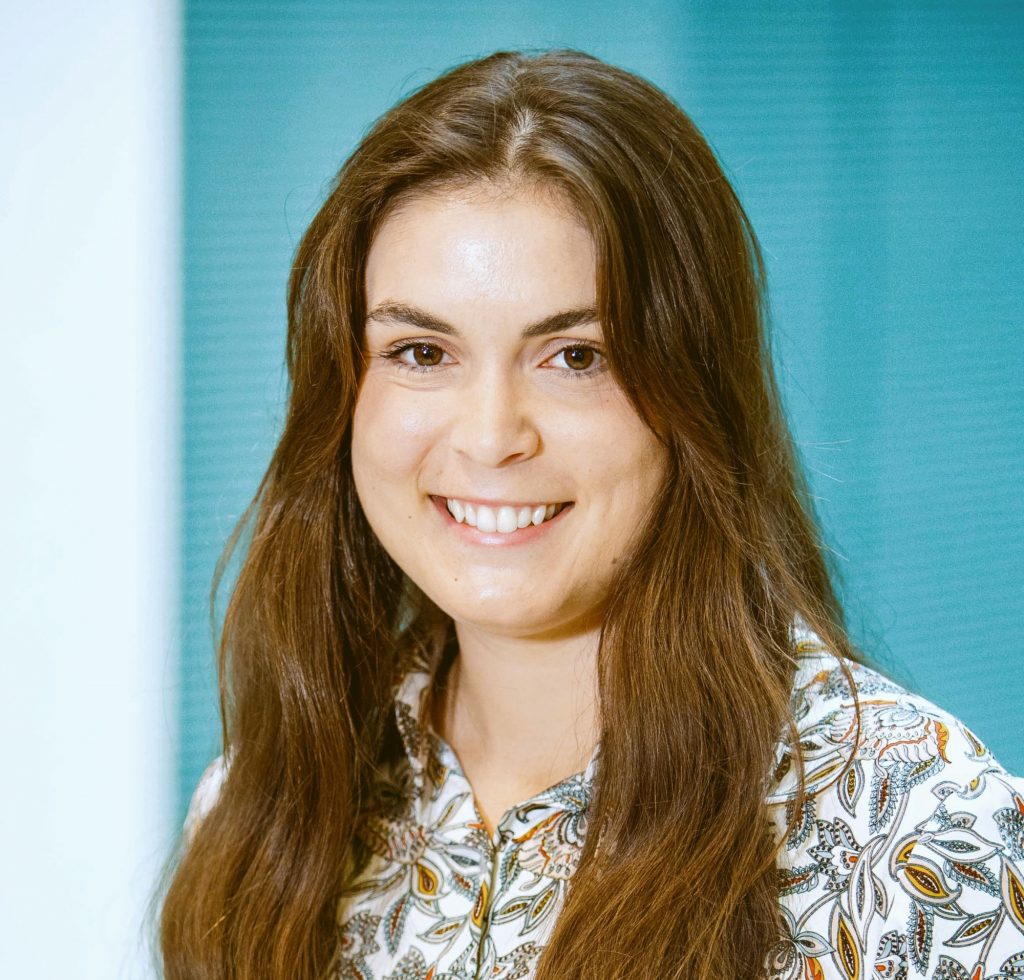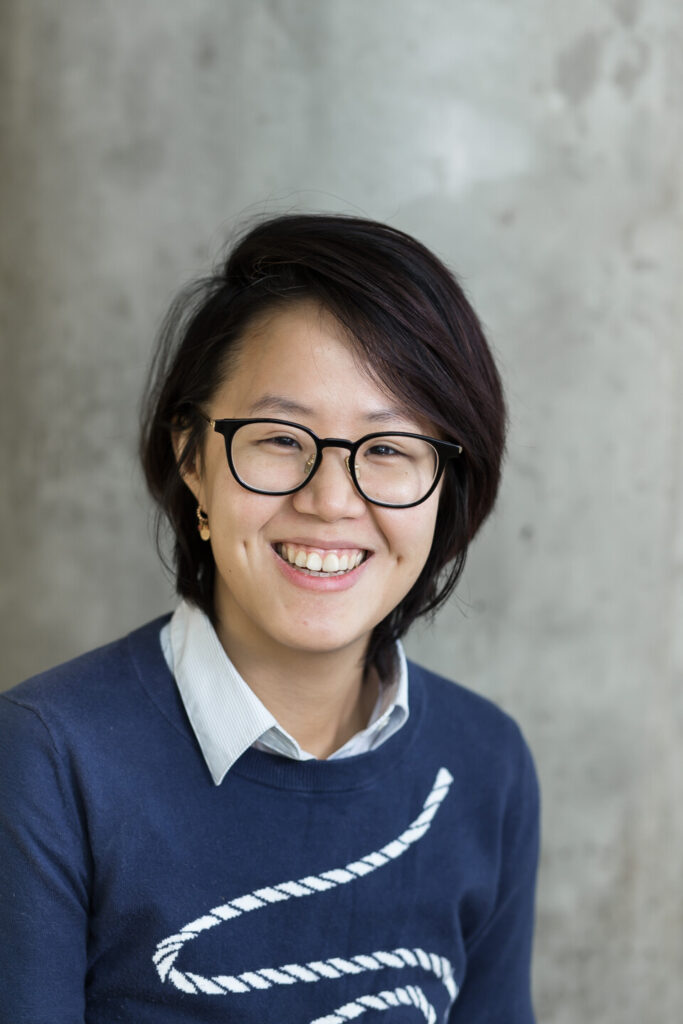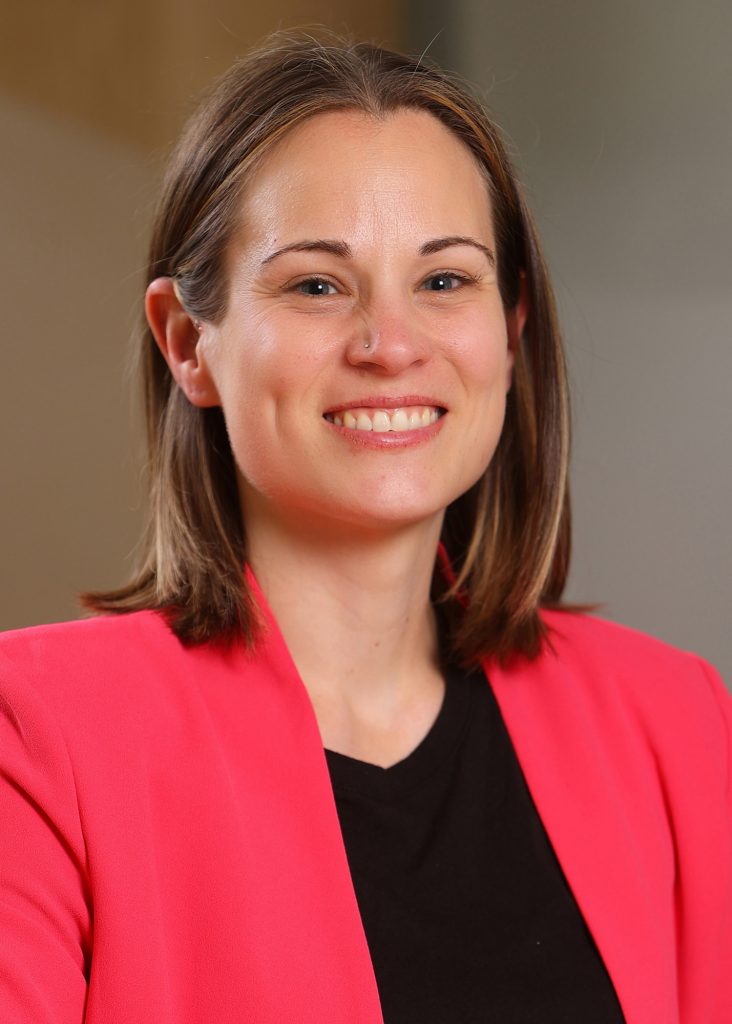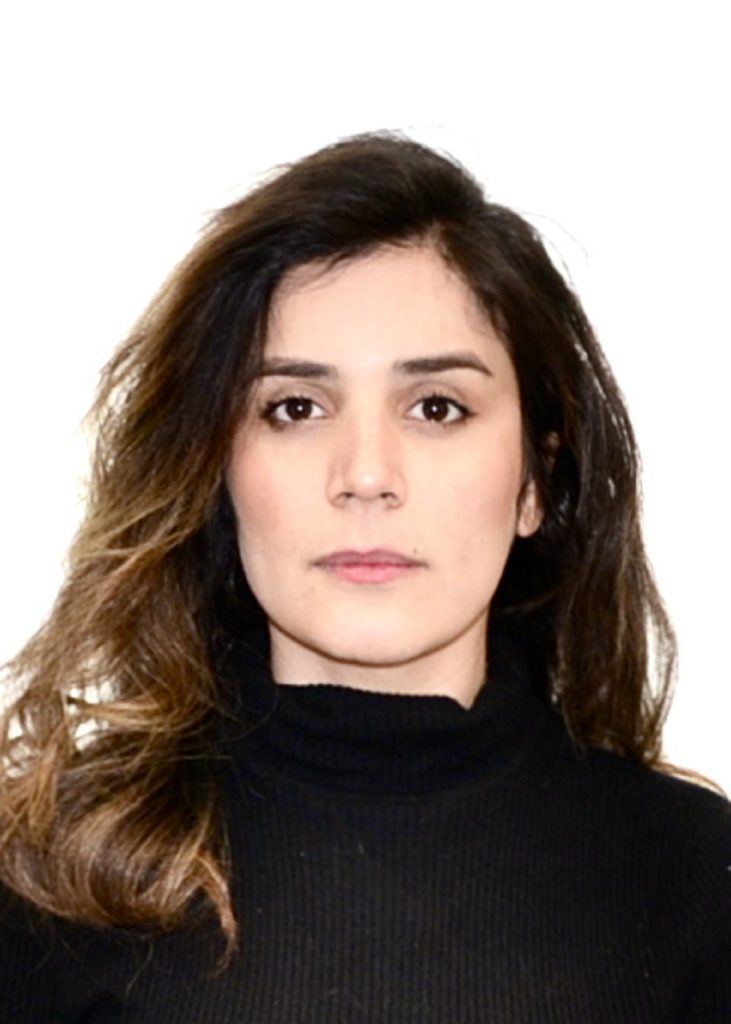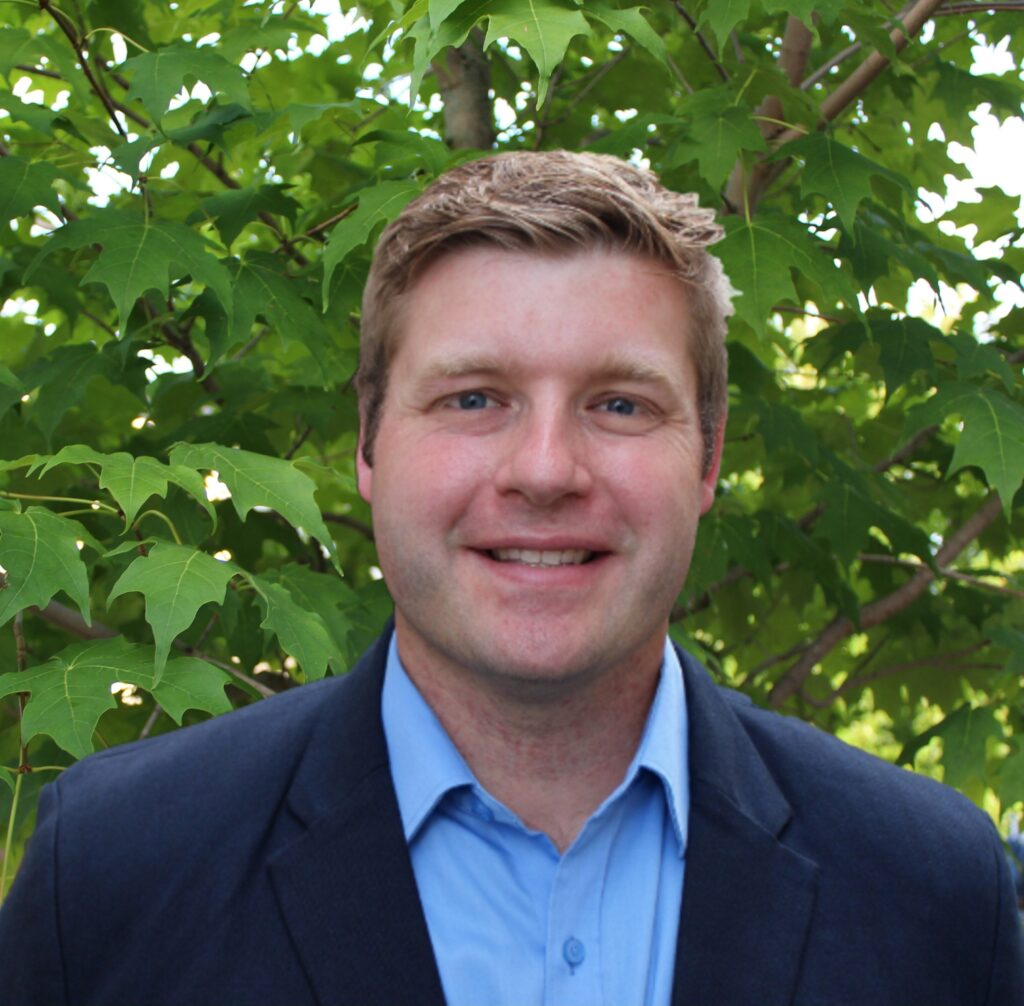Qu’est-ce que DIVERT SANTÉ MENTALE?

Il faut faire évoluer la norme inacceptablement basse de la « sécurité culturelle » dans les soins de santé mentale pour passer à des soins de santé mentale qui relèvent le défi d’intégrer les diverses expériences vécues par les enfants, les adolescent·e·s et leurs familles. Le Canada se trouve à un tournant décisif : pour améliorer les soins de santé mentale, ainsi que leur accessibilité et leur disponibilité, nous devons intégrer et faire valoir des approches différentes du développement, de l’étude et de la réalisation de ces soins.
DIVERT (Digital, Inclusive, Virtual, and Equitable Research Training) santé mentale est une plateforme de formation transdisciplinaire en santé mentale qui vise à changer le cours de la recherche et de la pratique en santé mentale au Canada auprès des enfants, des adolescents·e·s et de leurs familles. Notre financement provient principalement d’un investissement de plusieurs millions de dollars des Instituts de recherche en santé du Canada et d’un grand investissement d’IBM Canada dans l’infrastructure numérique et les compétences.
DIVERT vise à exploiter les connaissances et les compétences diverses d’éducateurs·trices issus de secteurs différents, afin que nous puissions apprendre ensemble de différentes façons : expériences en ligne, groupes de mentorat nationaux basés sur le vécu, collaborations en recherche (avec des patient·e·s, des familles, des industries, des organisations non gouvernementales [ONG] [NGOs]et des organisations de soins de santé), réunions annuelles en personne et développement futur d’un programme de certificat.
Notre mission

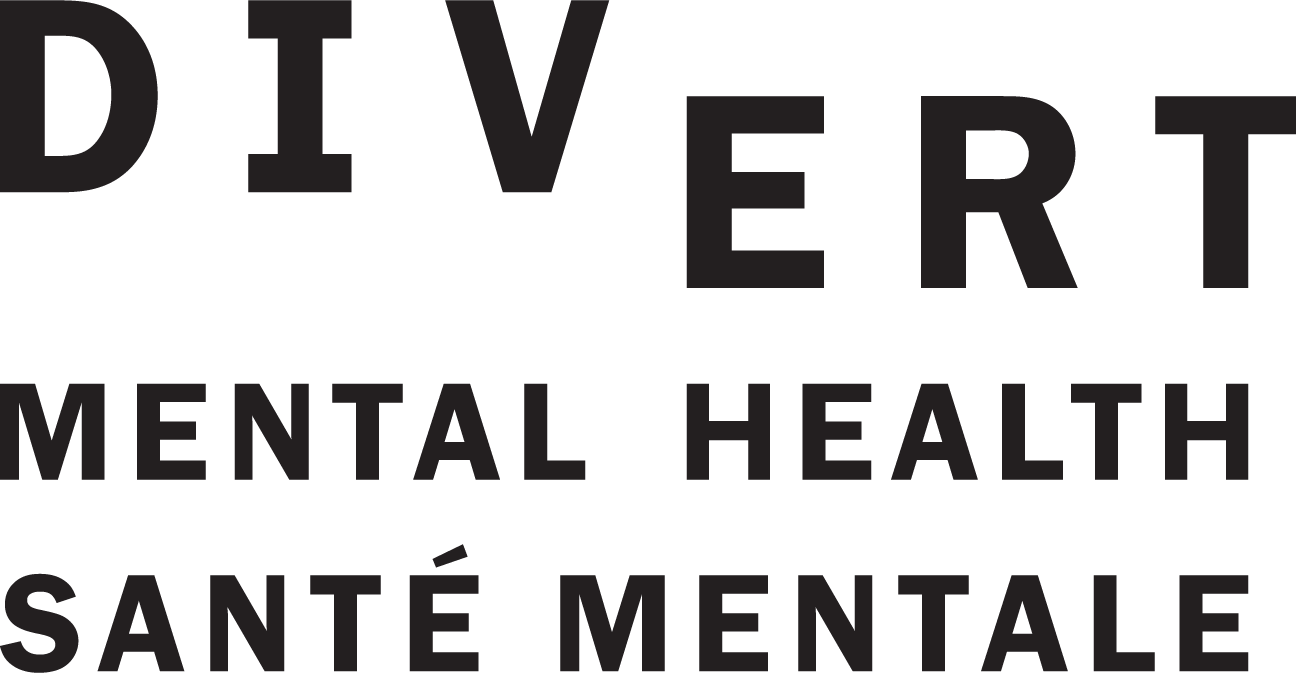
Créer une communauté nationale de chercheurs et de cliniciens transdisciplinaires en santé mentale qui se feront les champions d’un système de soins de santé mentale inclusif et accessible pour les enfants, les jeunes et les familles au Canada. Aucune université ou organisation de soins de santé mentale ne peut y parvenir seule. Nous devons adopter une approche de cocréation pour donner une nouvelle orientation aux soins de santé mentale dans ce pays. Nous devons adopter une approche de cocréation pour donner une nouvelle orientation aux soins de santé mentale dans ce pays.
Nous favoriserons l’inclusion en diffusant des connaissances culturelles diverses sur la santé mentale des enfants, des adolescent·e·s et de leurs familles, en enseignant le rôle du contexte sociohistorique dans les soins de santé mentale, et en soutenant un cadre de pratique qui intègre ces connaissances et évite de les compartimenter.
Nous favoriserons l’accessibilité en diffusant des connaissances pratiques sur les technologies qui peuvent faciliter les soins de santé mentale et en encourageant les collaborations en recherche avec des expert·e·s non universitaires dans l’industrie et dans les communautés.
Qui peut adhérer à DIVERT SANTÉ MENTALE ?

Tout le monde
Notre communauté est ouverte à toute personne désireuse de s’informer sur les pratiques accessibles et inclusives en santé mentale dans la recherche et la pratique auprès des enfants, des adolescent·e·s et des familles. Devenez un membre associé.
Les doctorant·e·s, les postdoctorant·e·s et les chercheurs·euses en début de carrière
Élaboration d’un projet ou d’un programme de recherche axé sur la diversité des connaissances en matière de santé mentale et sur l’amélioration de l’accessibilité par la technologie pour les enfants, les jeunes et/ou leurs familles? Devenez membre boursier·ère.
Les partisan·e·s œuvrant dans l’industrie, une ONG, une organisation de soins de santé ou le milieu universitaire
Faites-vous partie du personnel d’une entreprise, d’une ONG, d’une organisation de soins de santé, ou êtes-vous un professeur d’université ? Souhaitez-vous nouer un partenariat durable avec nous pour soutenir votre recherche, votre formation et/ou votre pratique en santé mentale auprès des enfants, des adolescent·e·s et des familles? Devenez partenaire.
Notre équipe
DIRECTION
La direction de ce projet rassemble neuf chercheurs·euses principaux·ales des quatre coins du Canada.
-
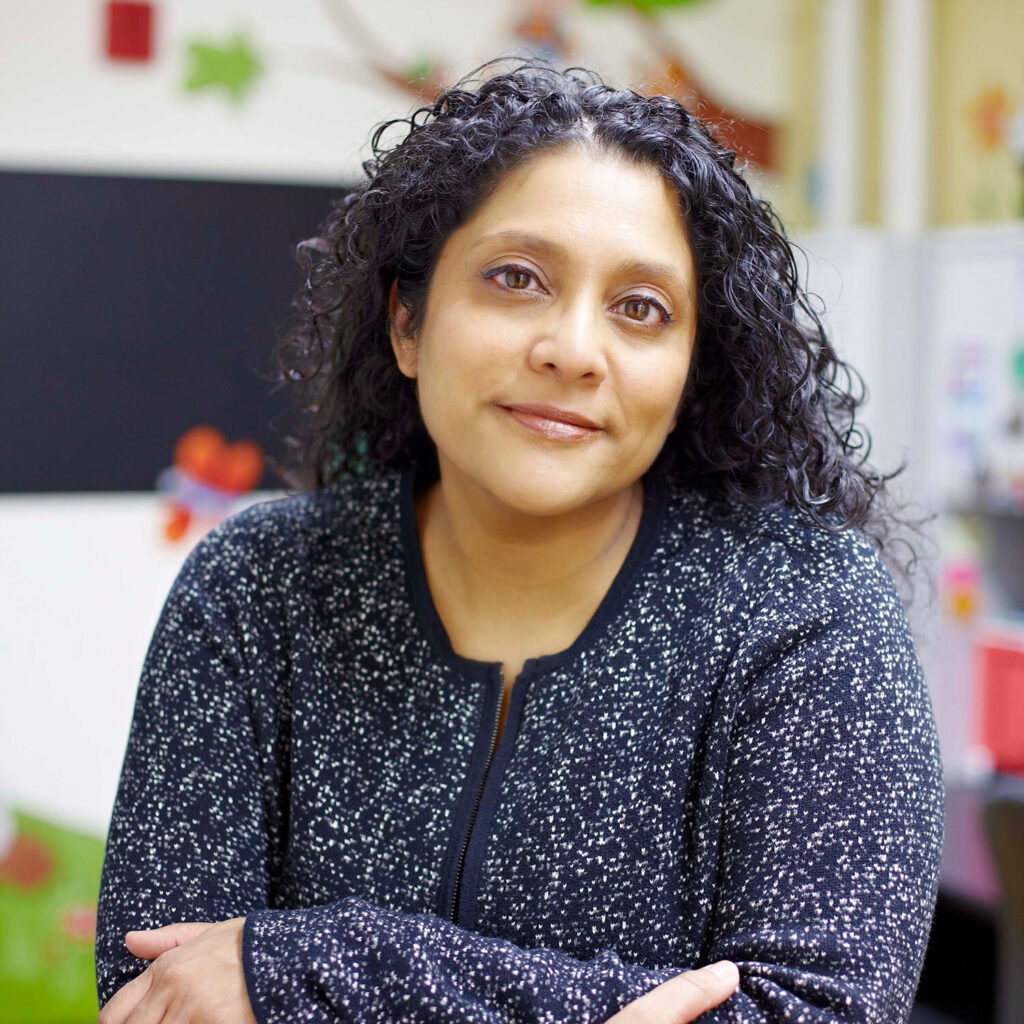
Rebecca Pillai Riddell
(Chercheuse principale désignée | Psychologie, Université York) -

Patrick McGrath
(Cochercheur principal | Psychologie, Université Dalhousie) -
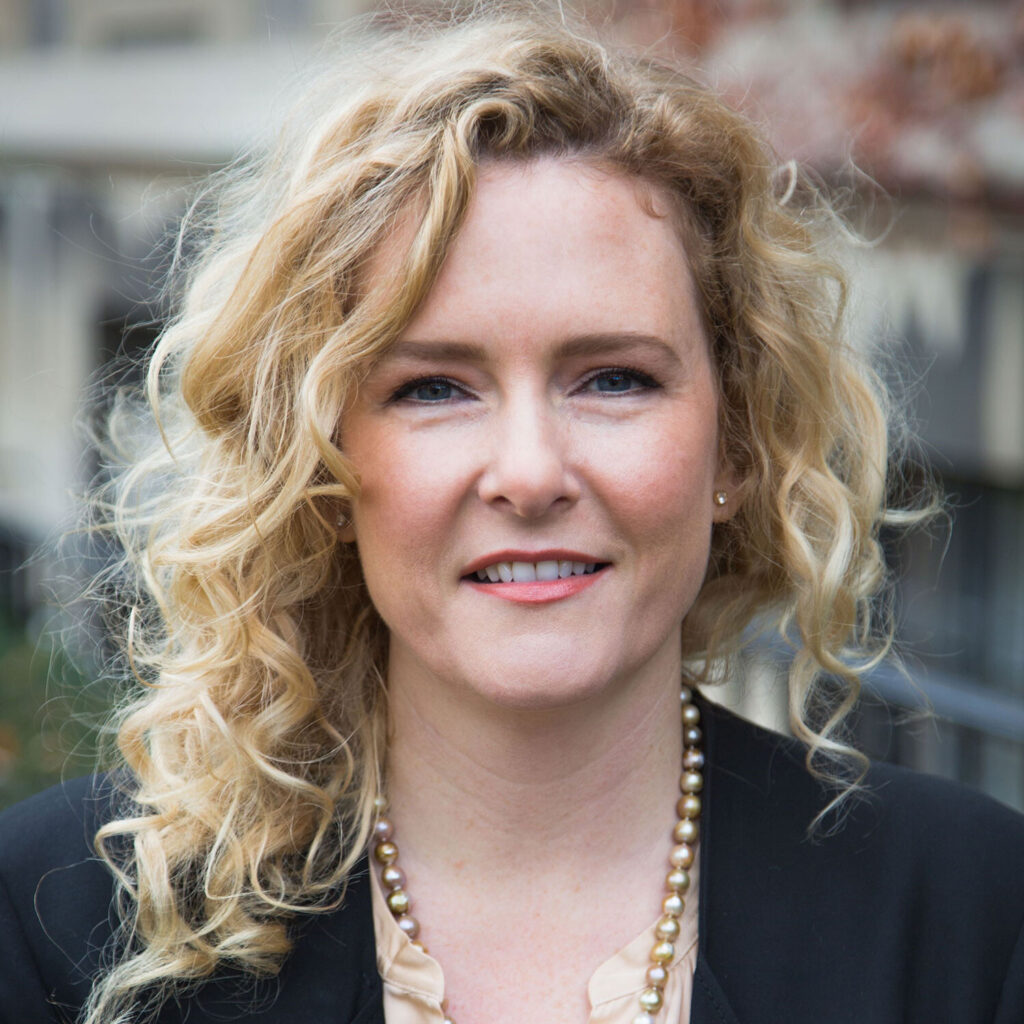
Allison Crawford
(Cochercheuse principale | Psychiatrie, Centre de toxicomanie et de santé mentale (CAMH) et Université de Toronto) -
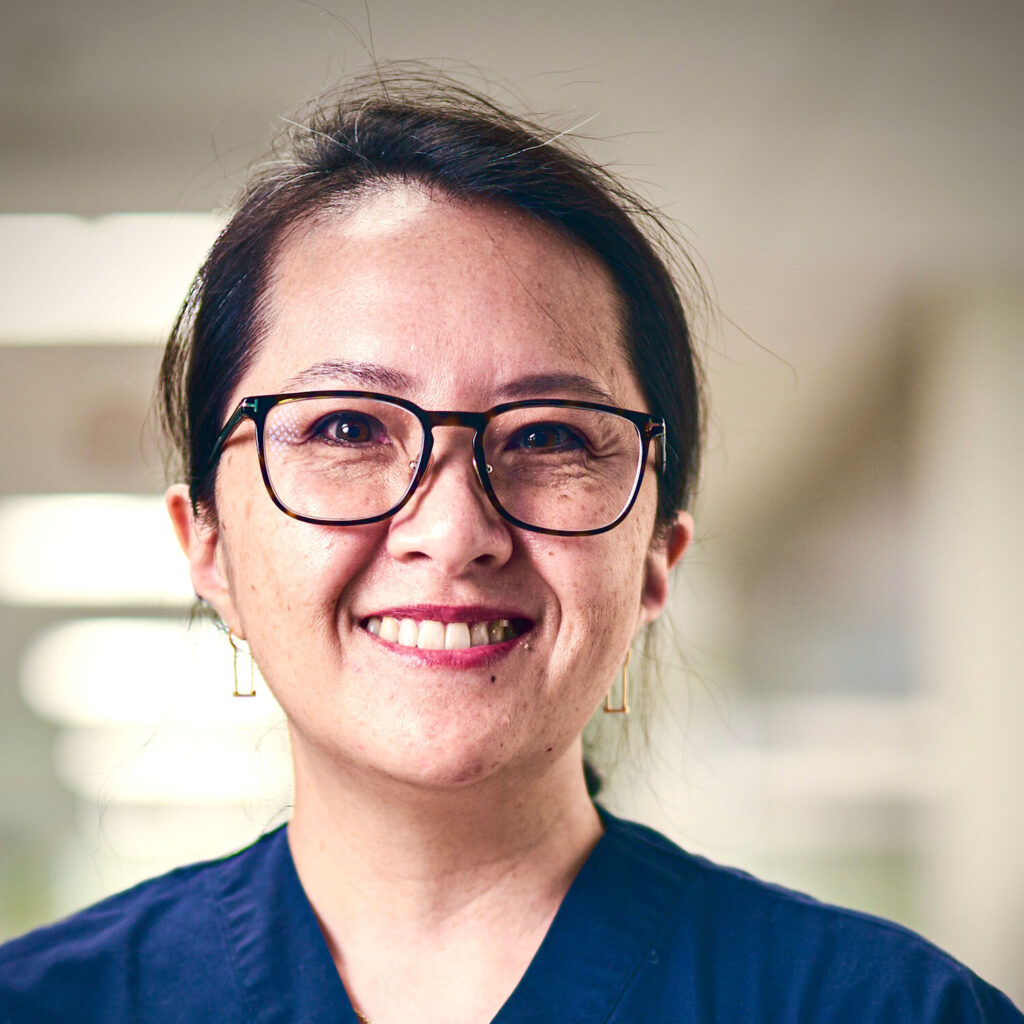
Quynh Doan
(Cochercheuse principale | Médecine d’urgence pédiatrique, BC Children’s Hospital et Université de la Colombie-Britannique) -
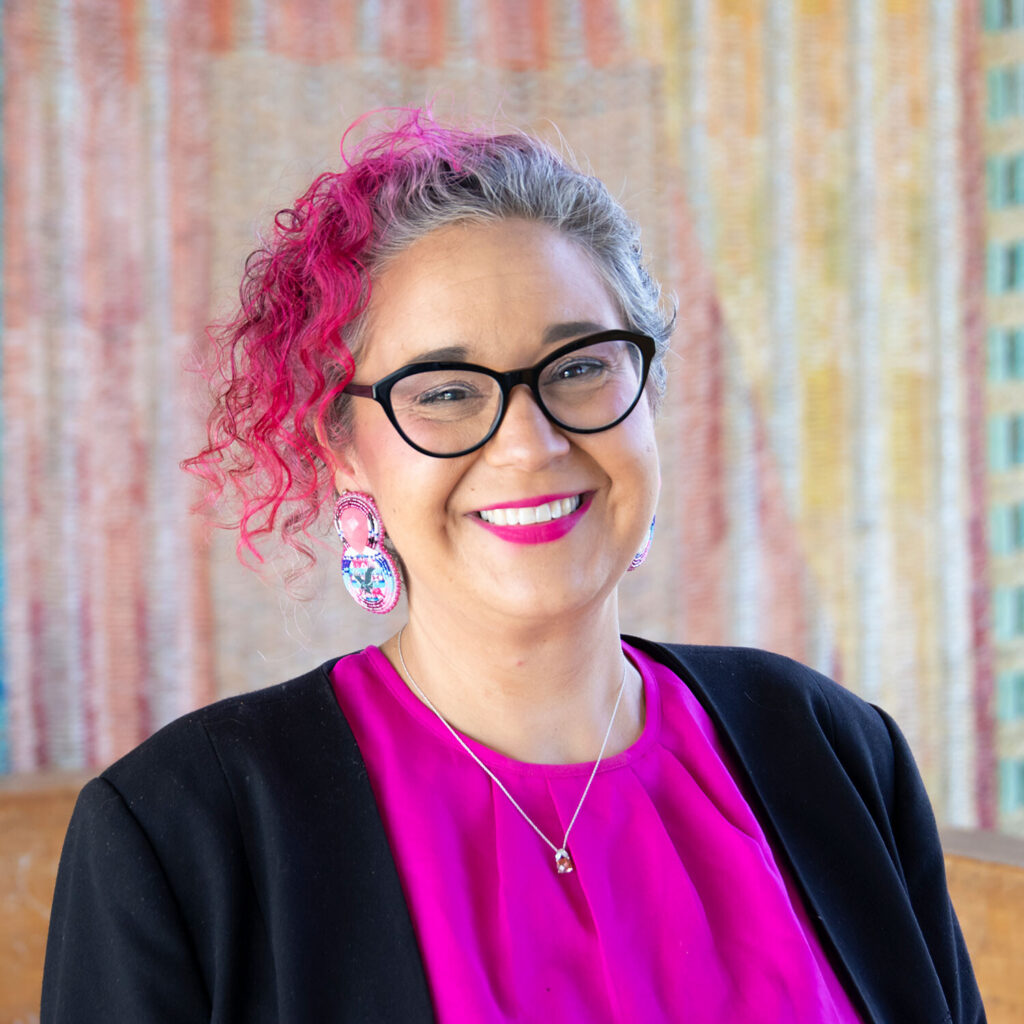
Ruth Green
(Cochercheuse principale | Travail social, Université York) -
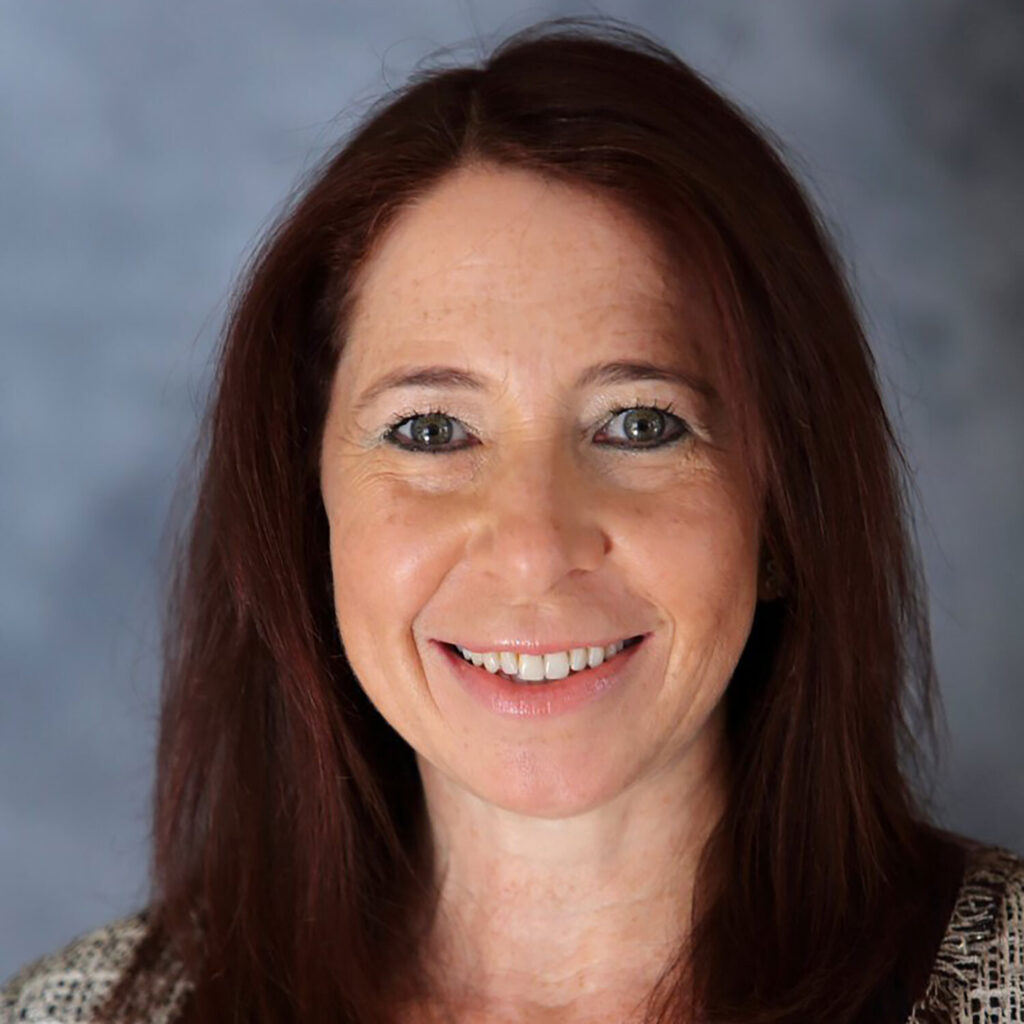
Annette Majnemer
(Cochercheuse principale | École de physiothérapie et d’ergothérapie, Université McGill) -
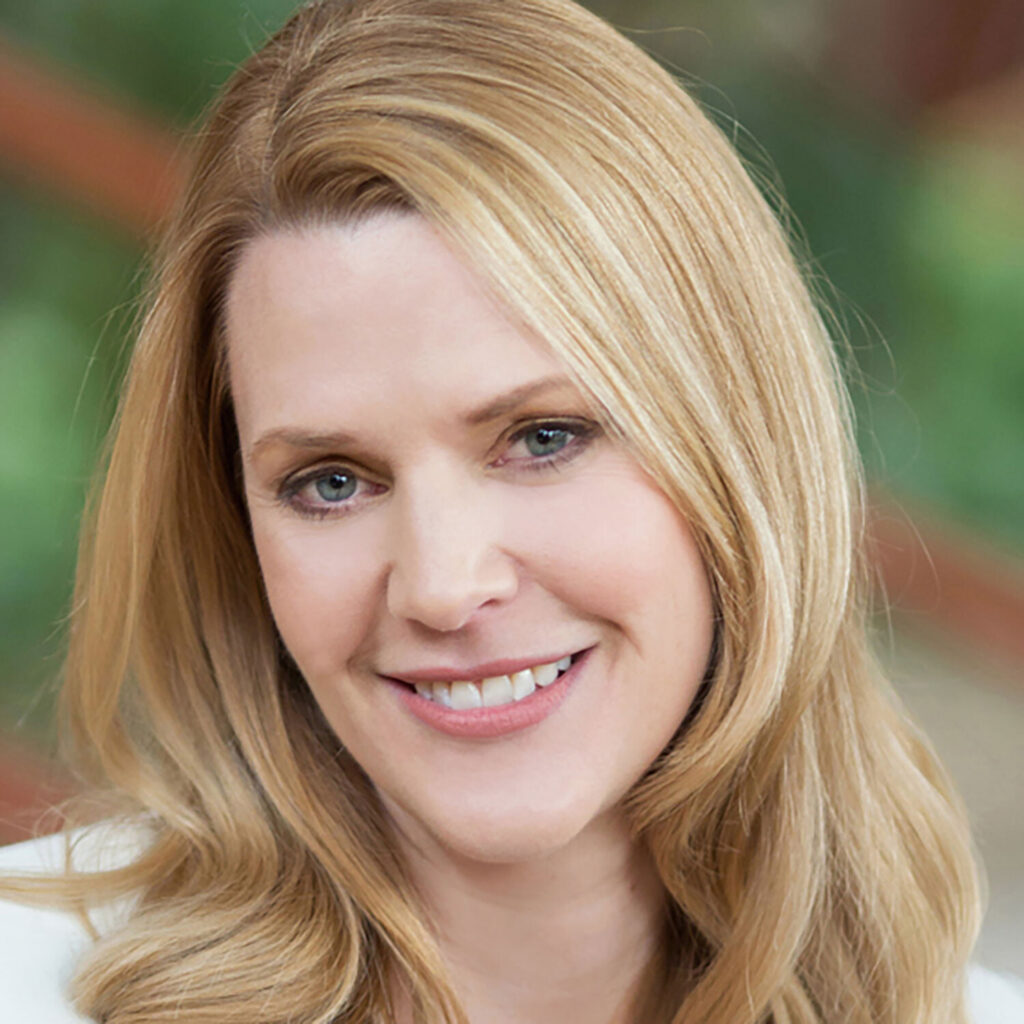
Amanda Newton
(Cochercheuse principale | Pédiatrie, Université de l’Alberta) -
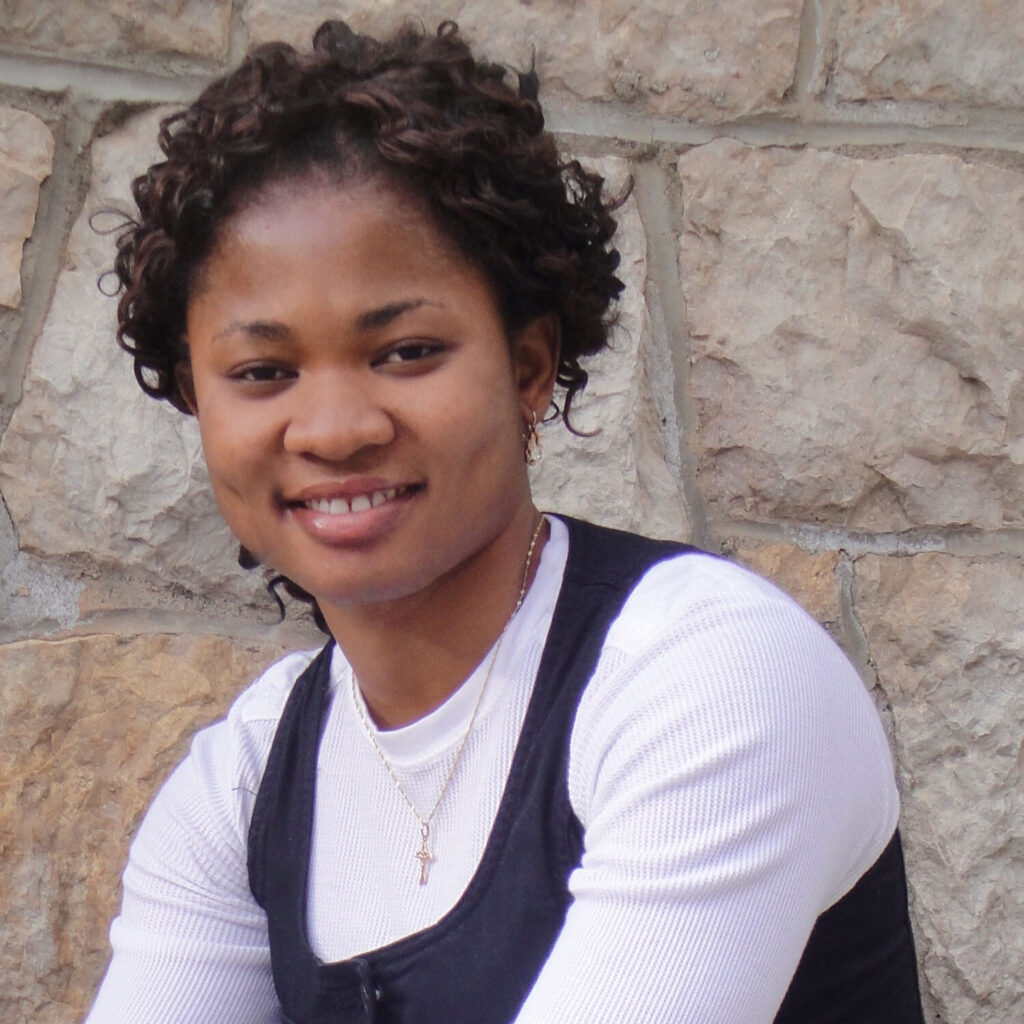
Rita Orji
(Cochercheuse principale | Informatique, Université Dalhousie) -
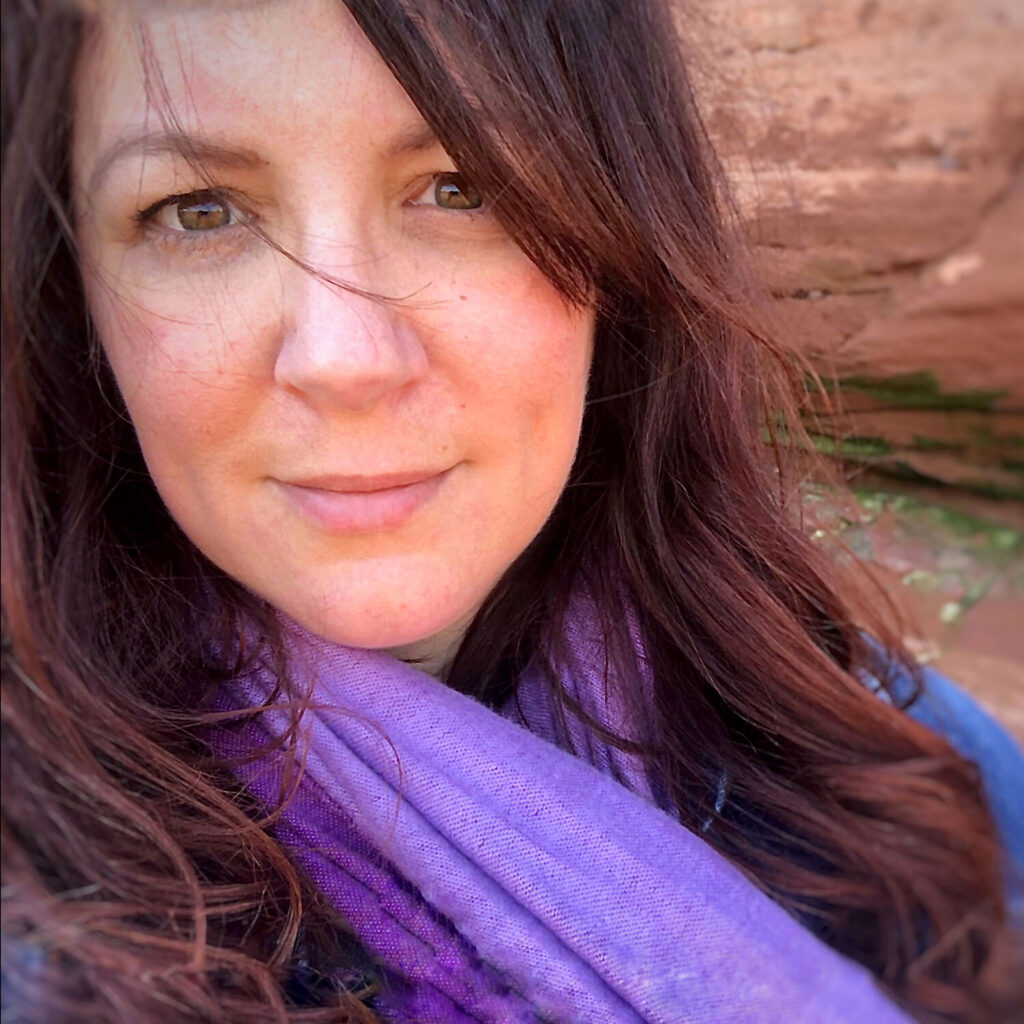
Lori Wozney
(Cochercheuse principale | Santé mentale et toxicomanie, IWK Health Centre)
COCHERCHEURS·EUSES
(Universitaires)
-

Aislin
Mushquash -
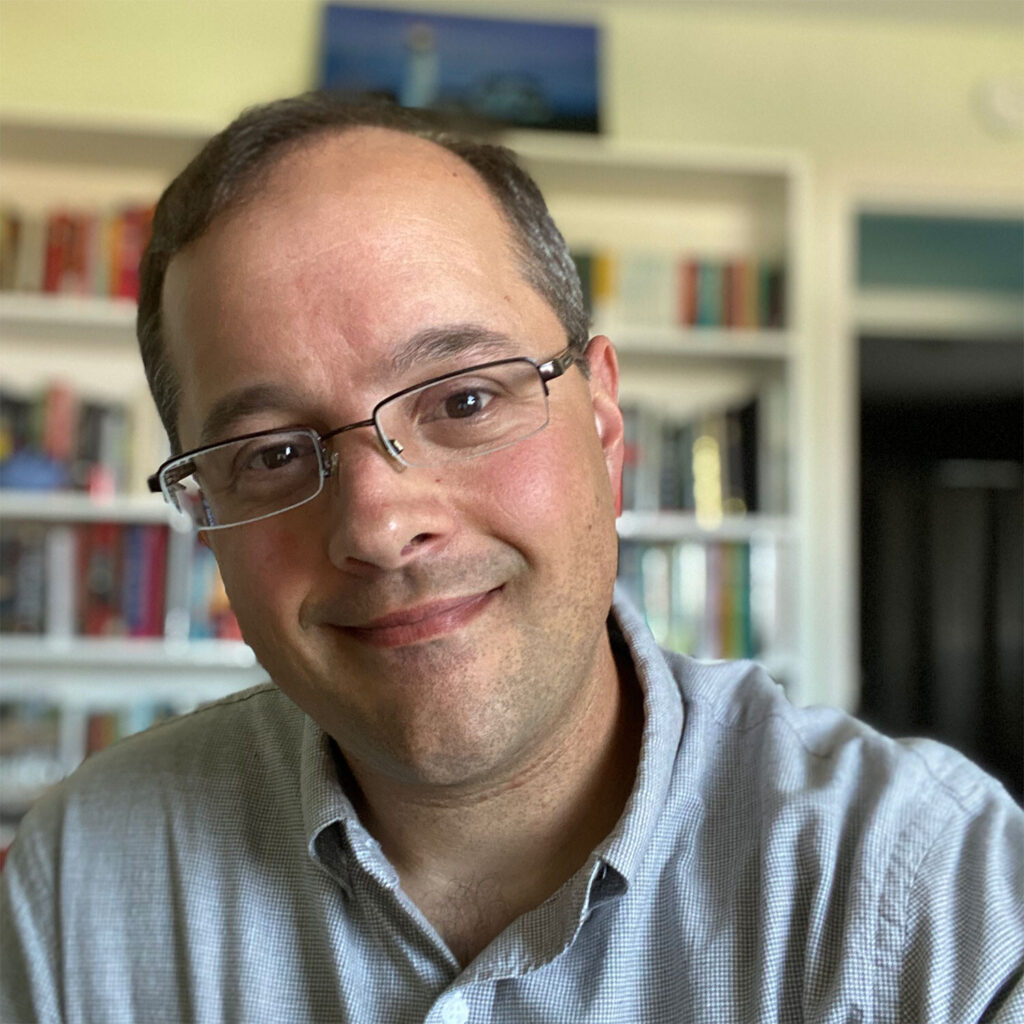
André
Lauzon -
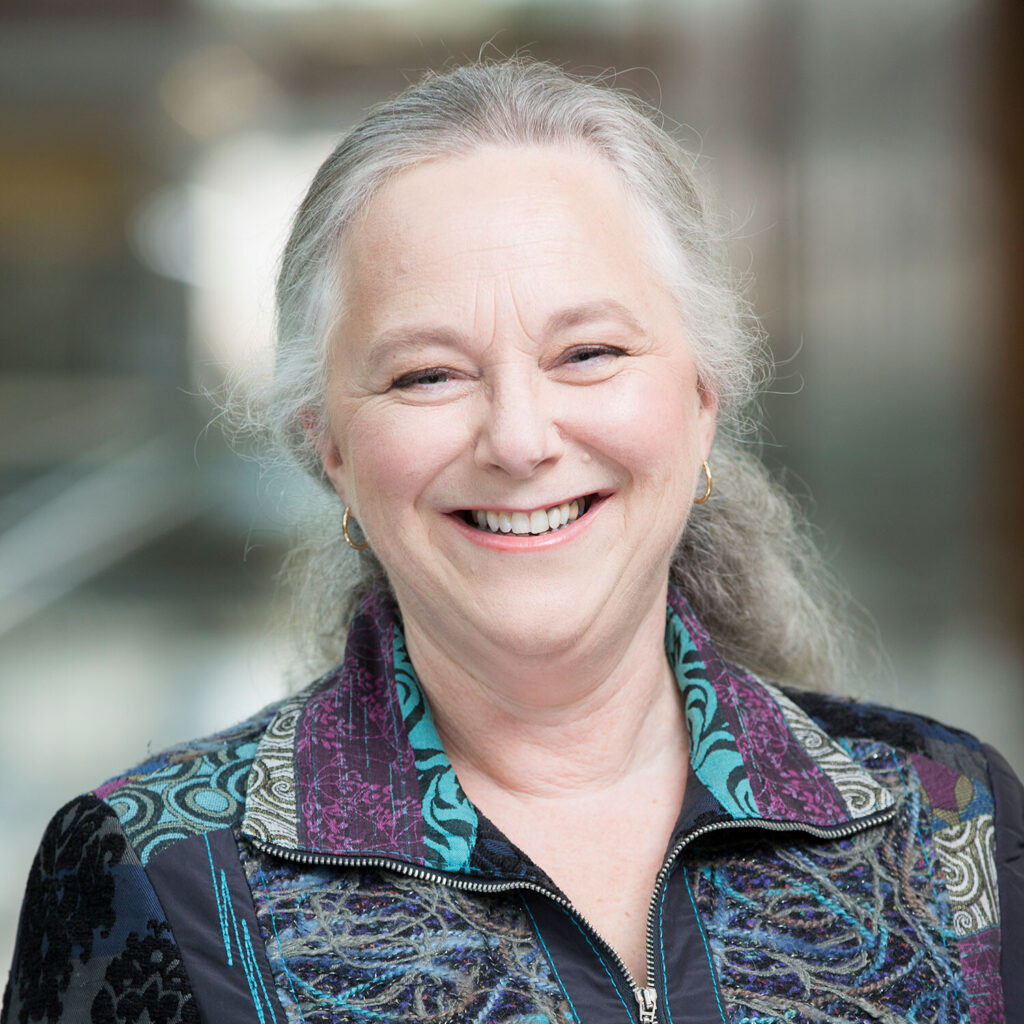
Cathy
MacLean -

Cheryl
Chow -
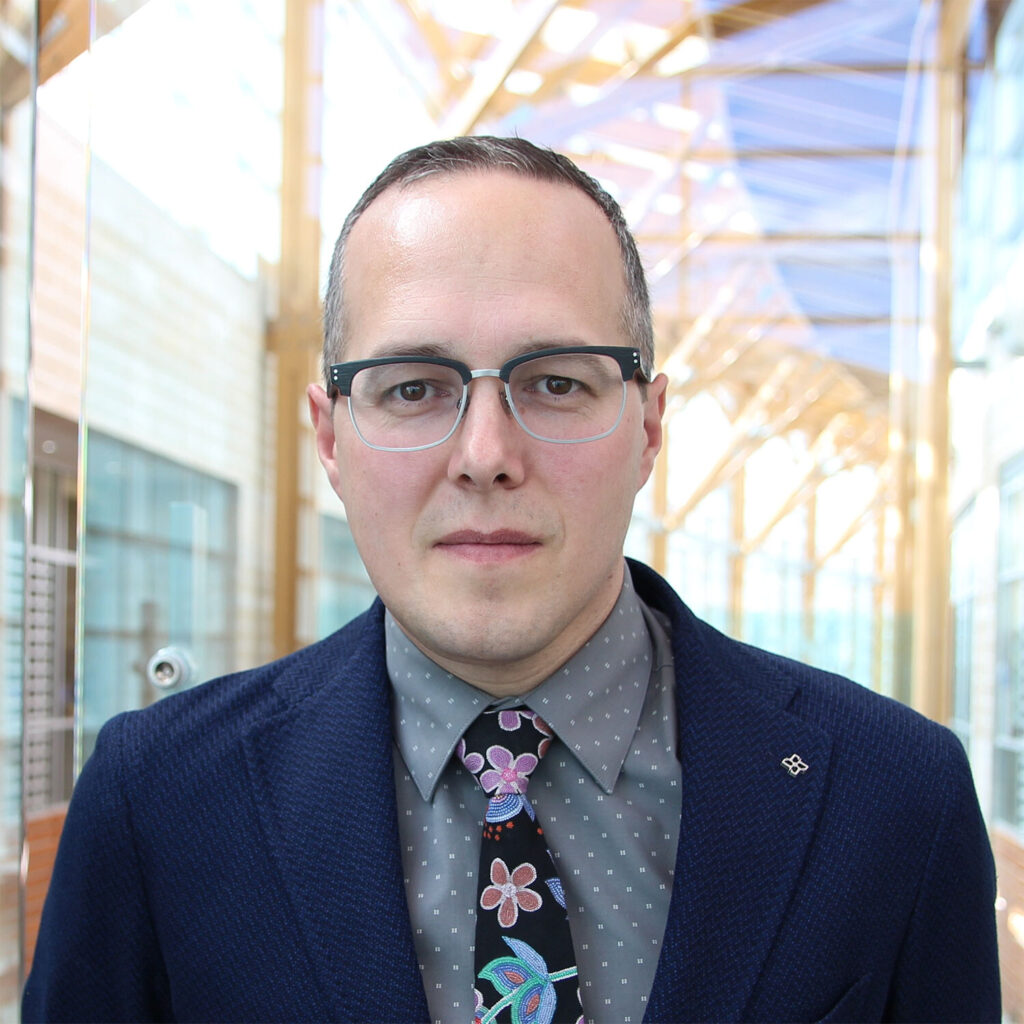
Christopher
Mushquash -

Geneviève
Belleville -
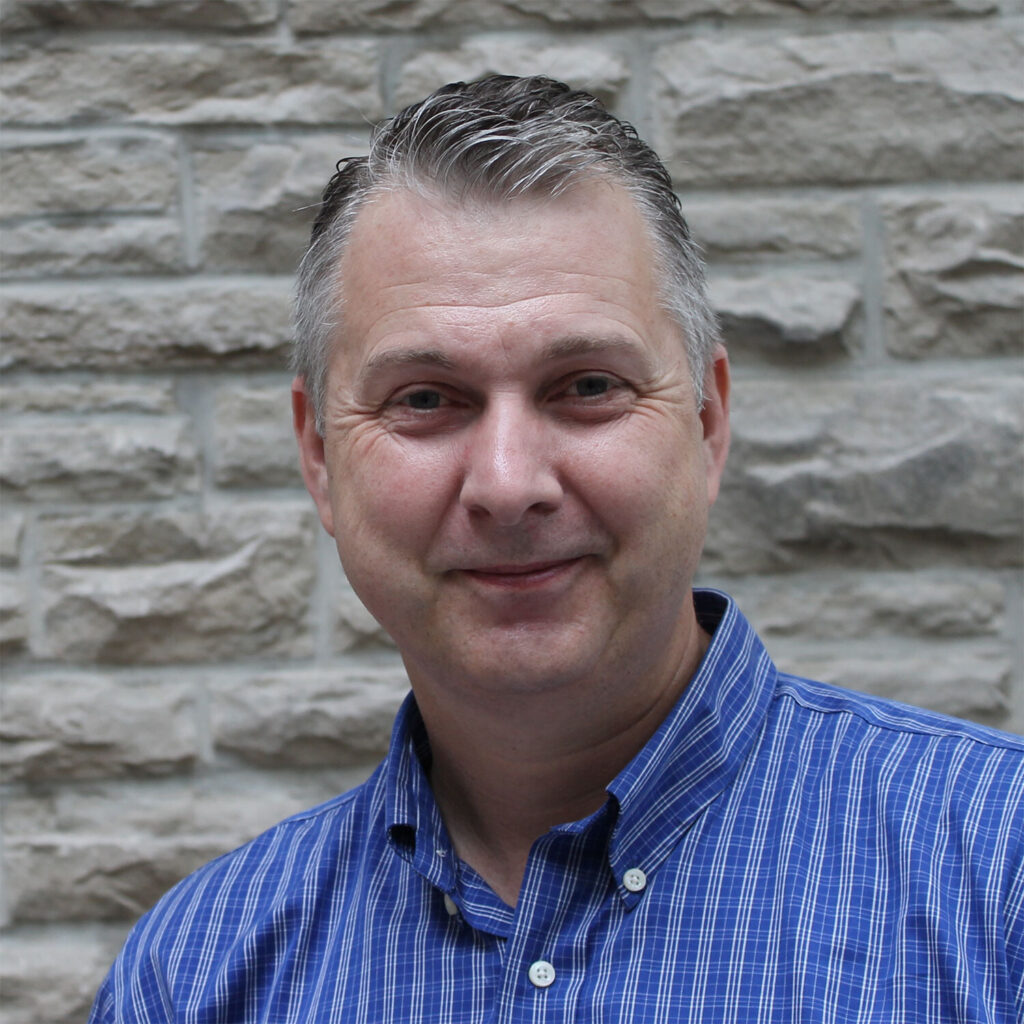
Graham
Reid -

Igor
Yakovenko -
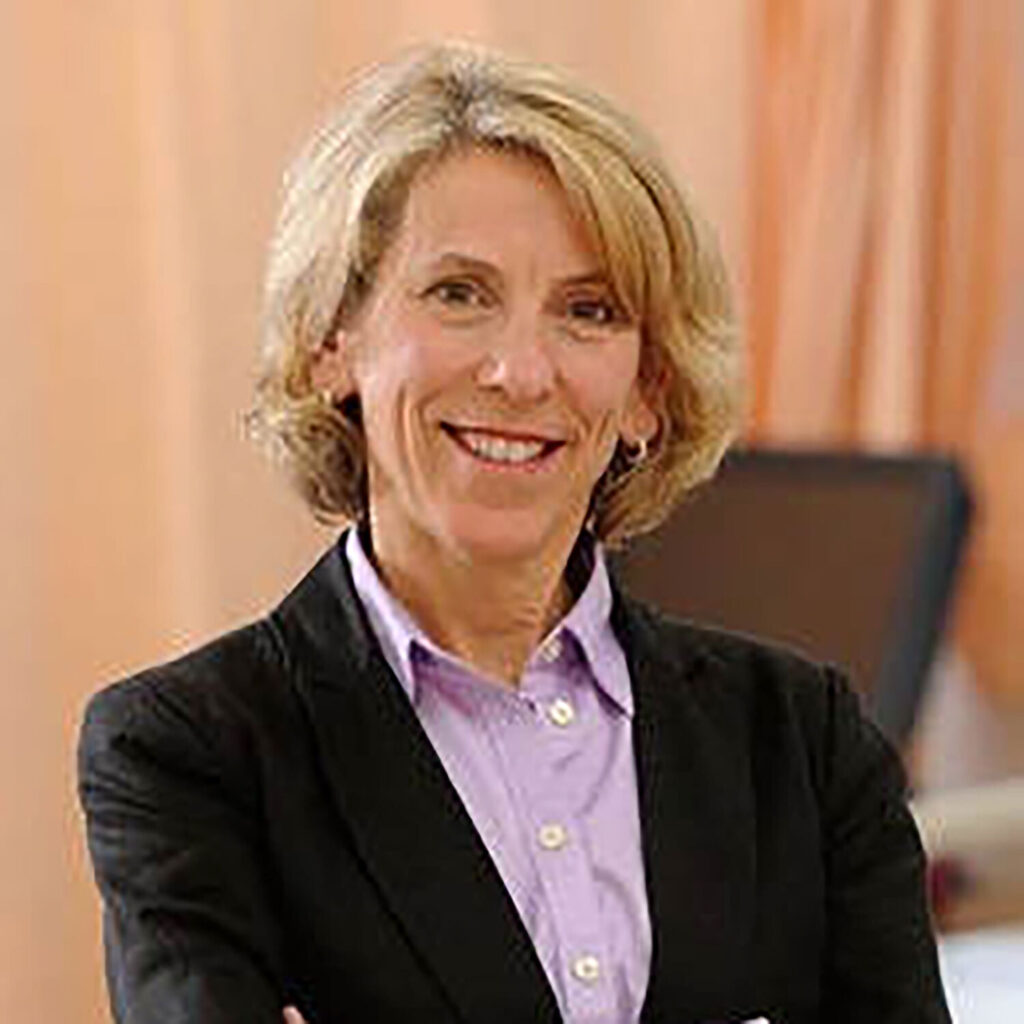
Janet
Curran -
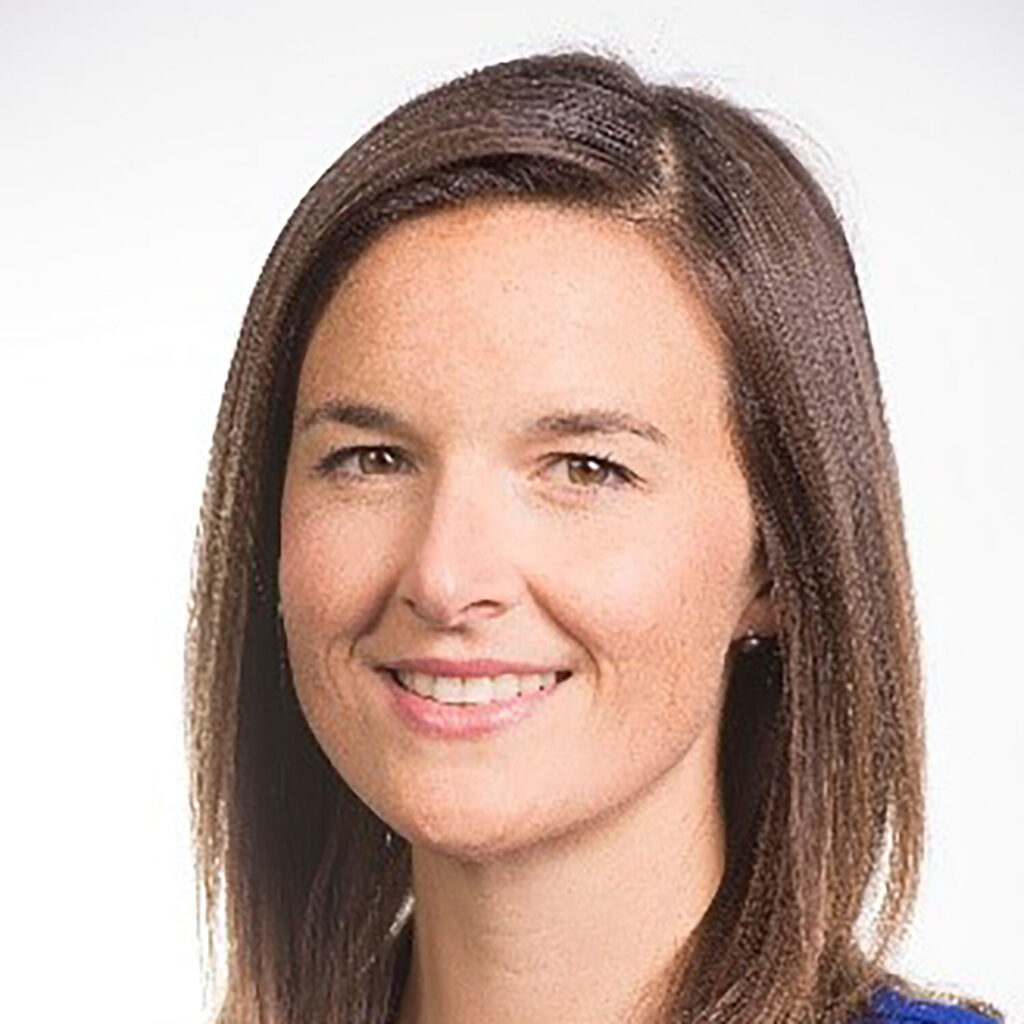
Jennifer
Zwicker -
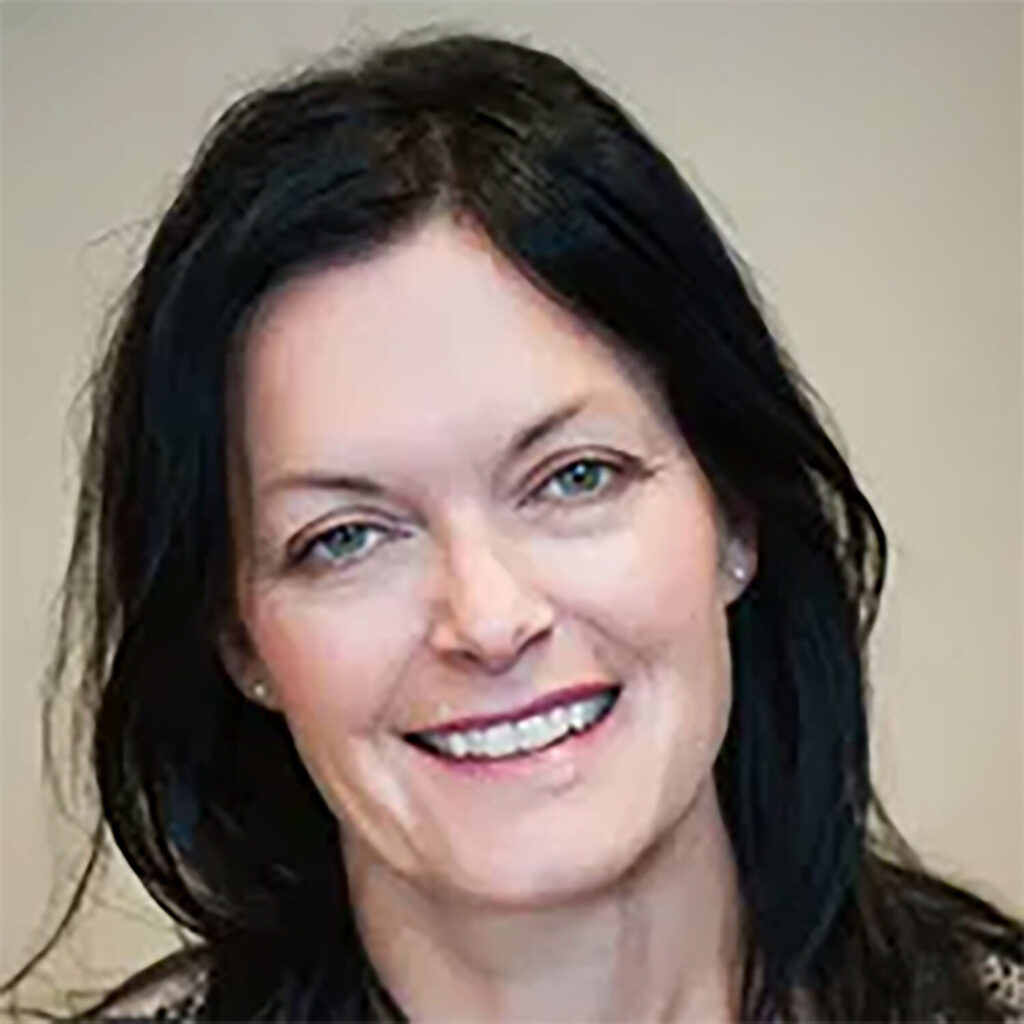
Jill
Hatchette -

Mario
Cappelli -
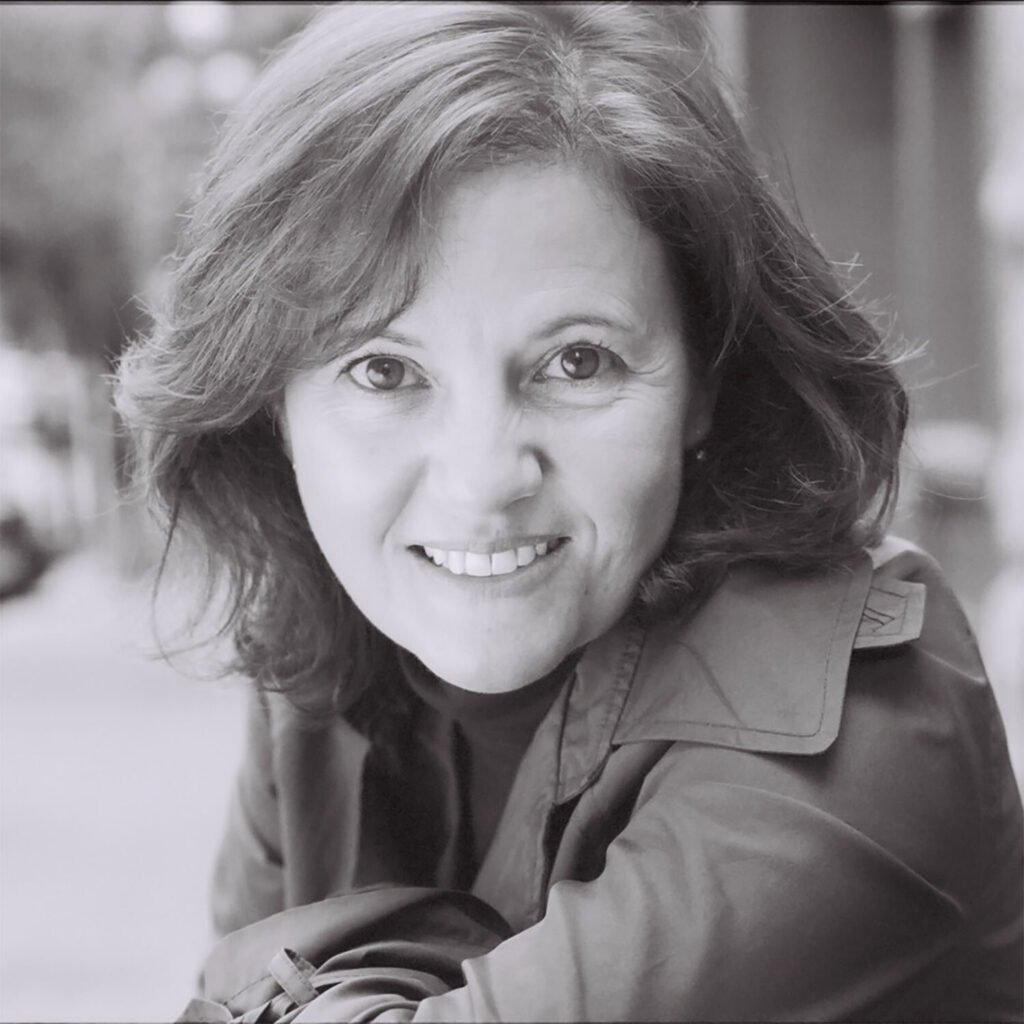
Marlene
M.
Moretti -
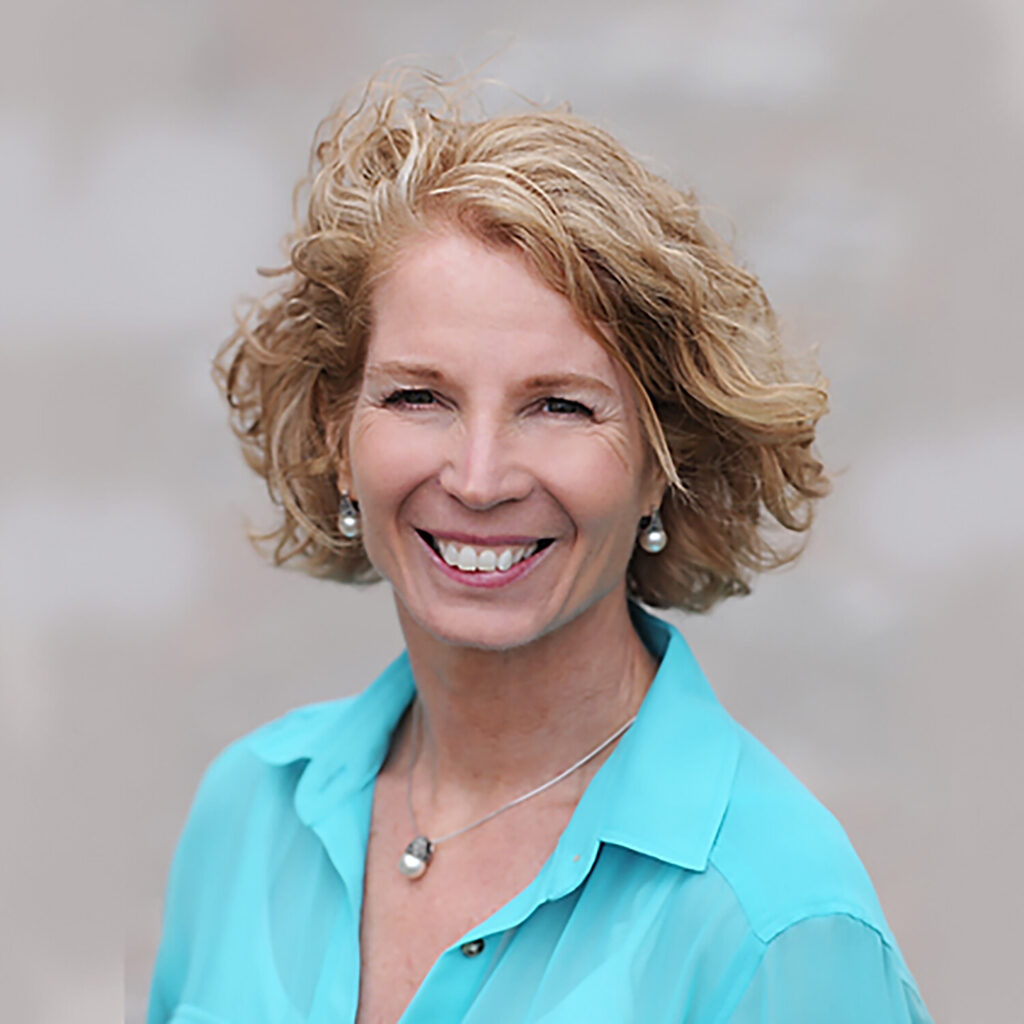
Marsha
Campbell-Yeo -
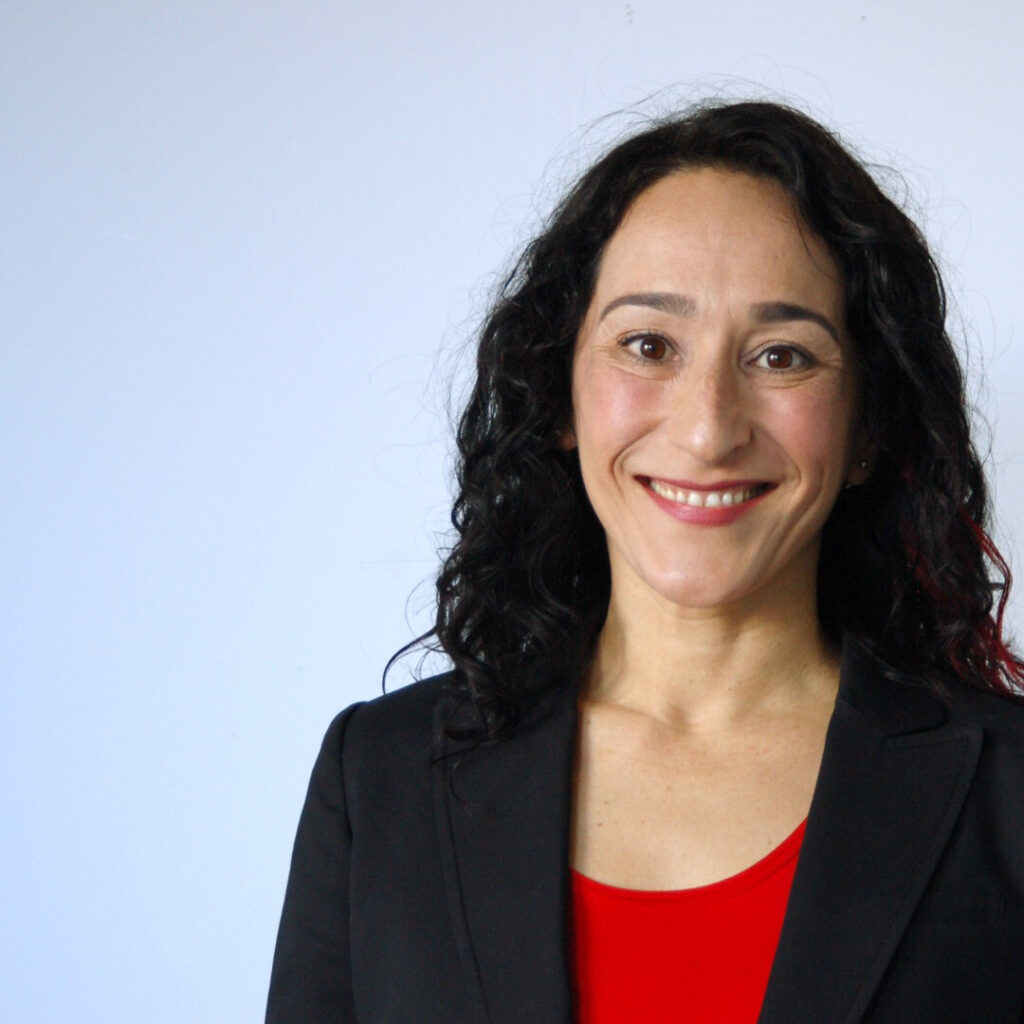
Nicole
Catherine -
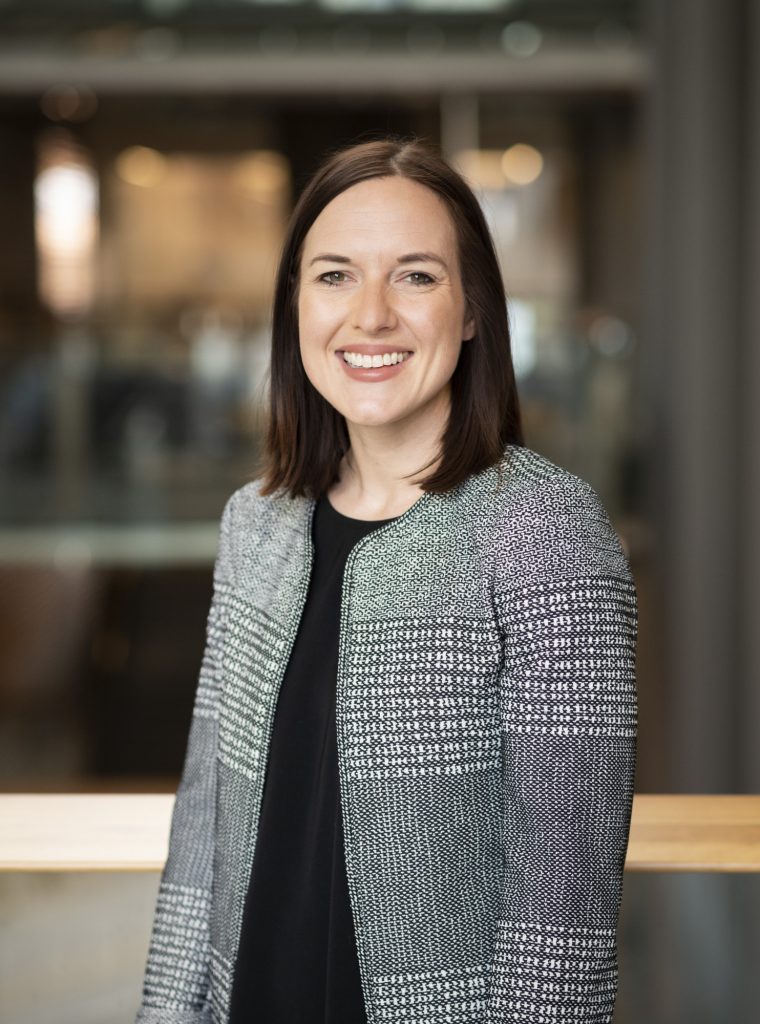
Nicole
Racine -
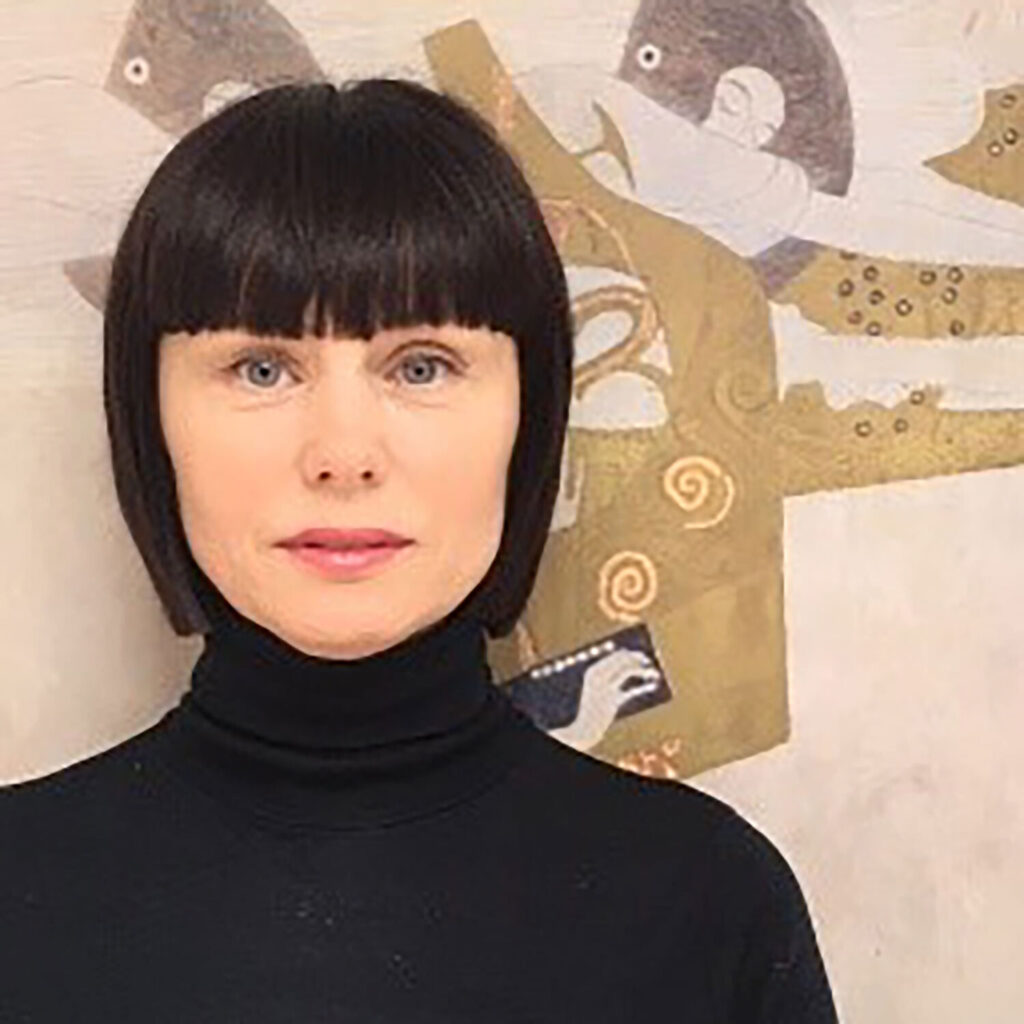
Olof
Kristjansdottir -
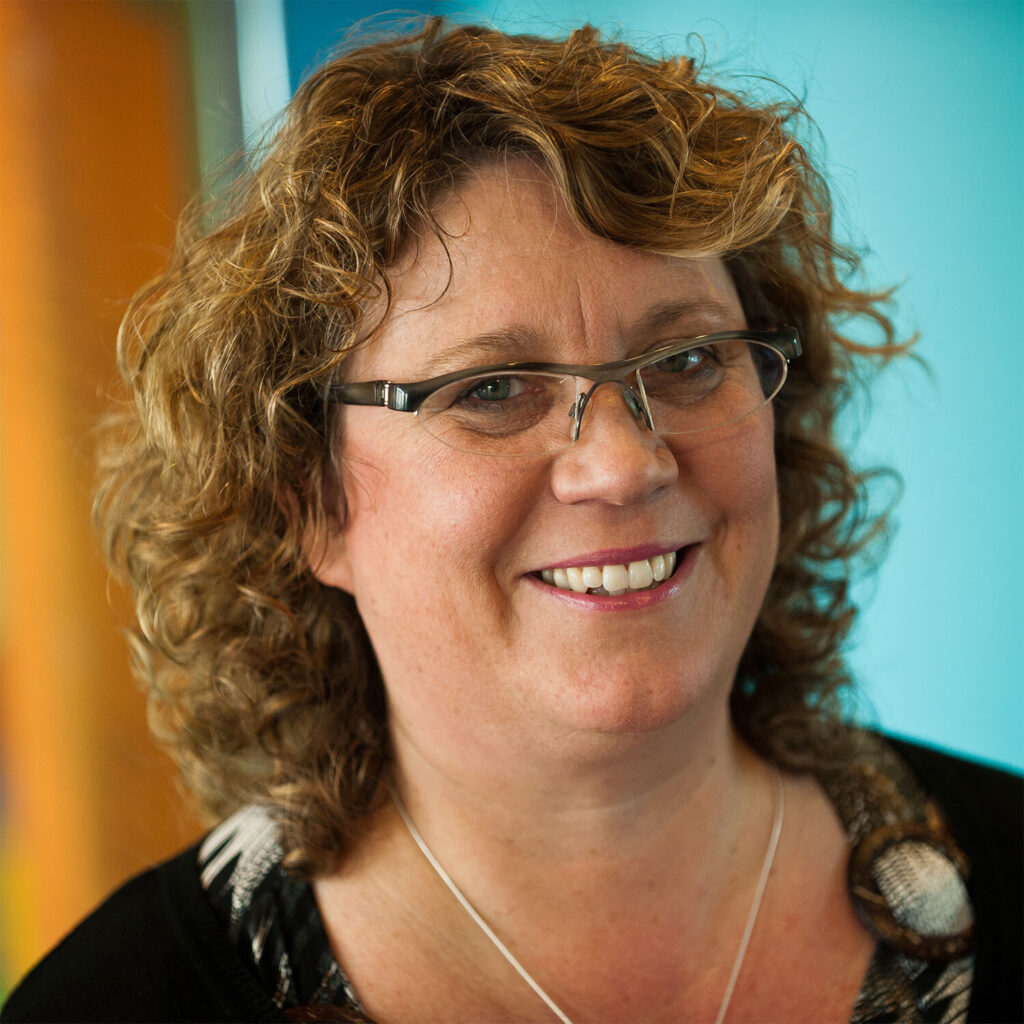
Penny
Corkum -

Samina
Ali -
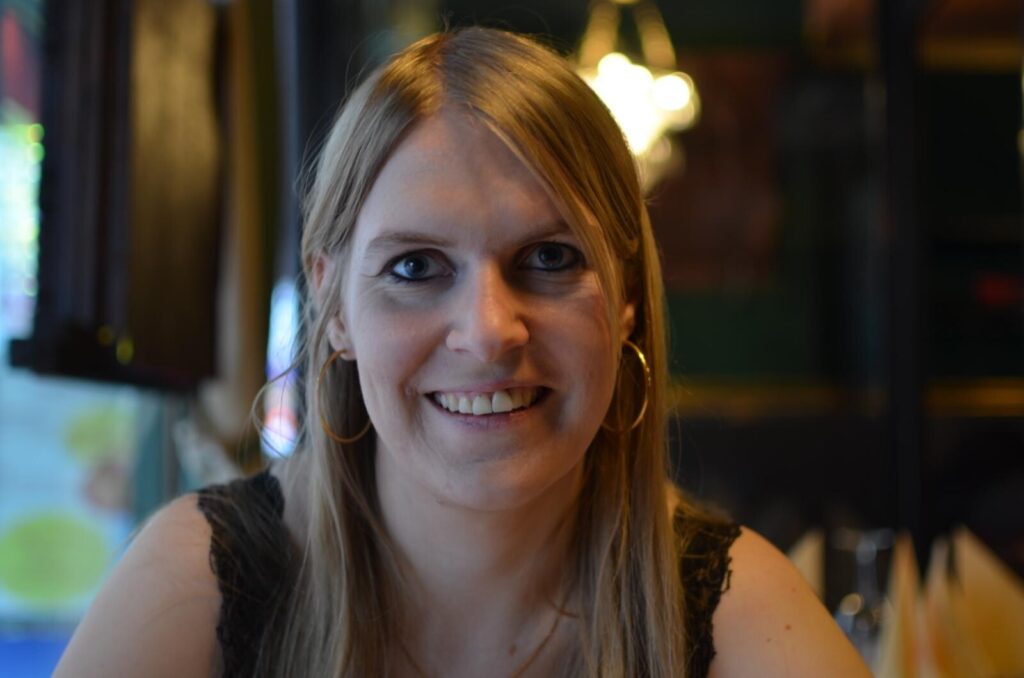
Sandra
Meier -

Shalini
Lal -
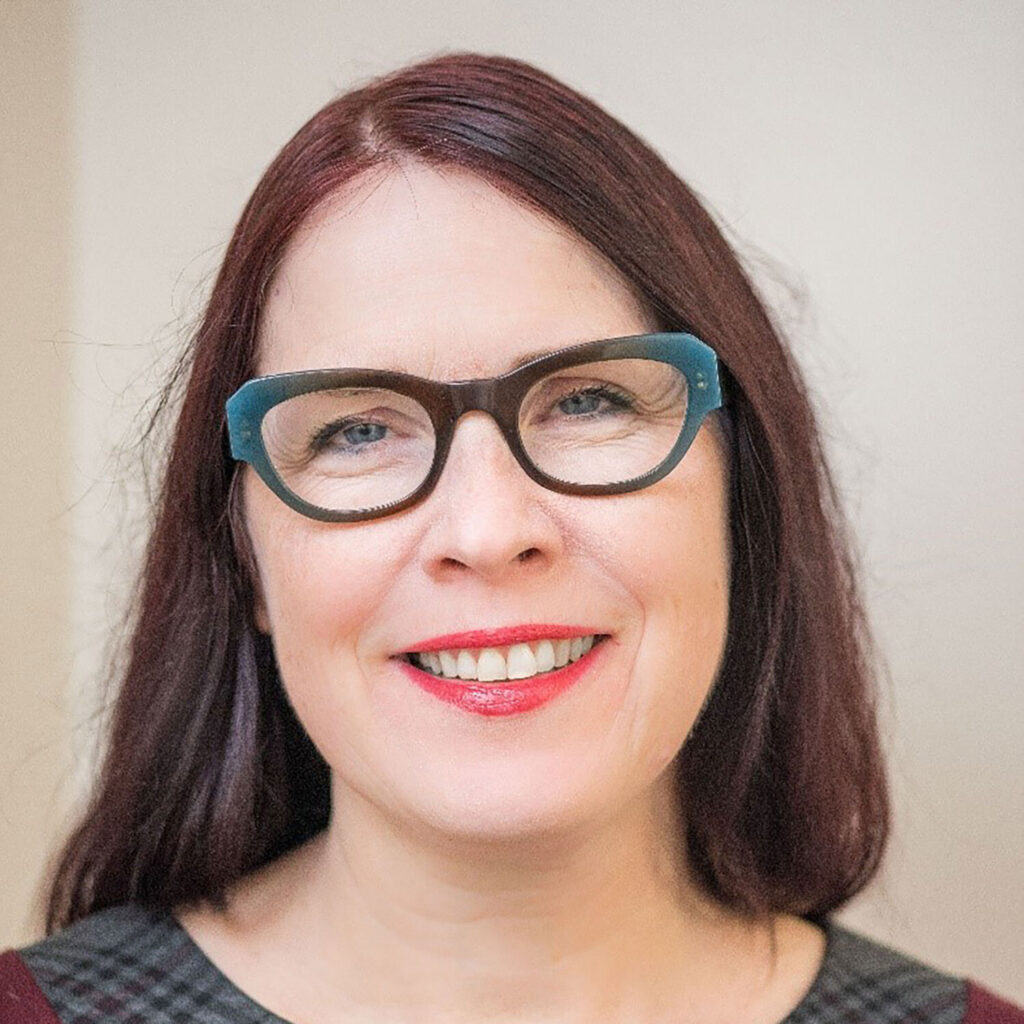
Sherry
Stewart
COCHERCHEURS·EUSES
(Industrie, ONG et organisations de soins de santé)
MEMBRES BOURSIERS·ÈRES
(Chercheurs en début de carrière)
MEMBRES BOURSIERS·ÈRES
(boursiers postdoctoraux)
MEMBRES BOURSIERS·ÈRES
(étudiants en master et en doctorat)
-
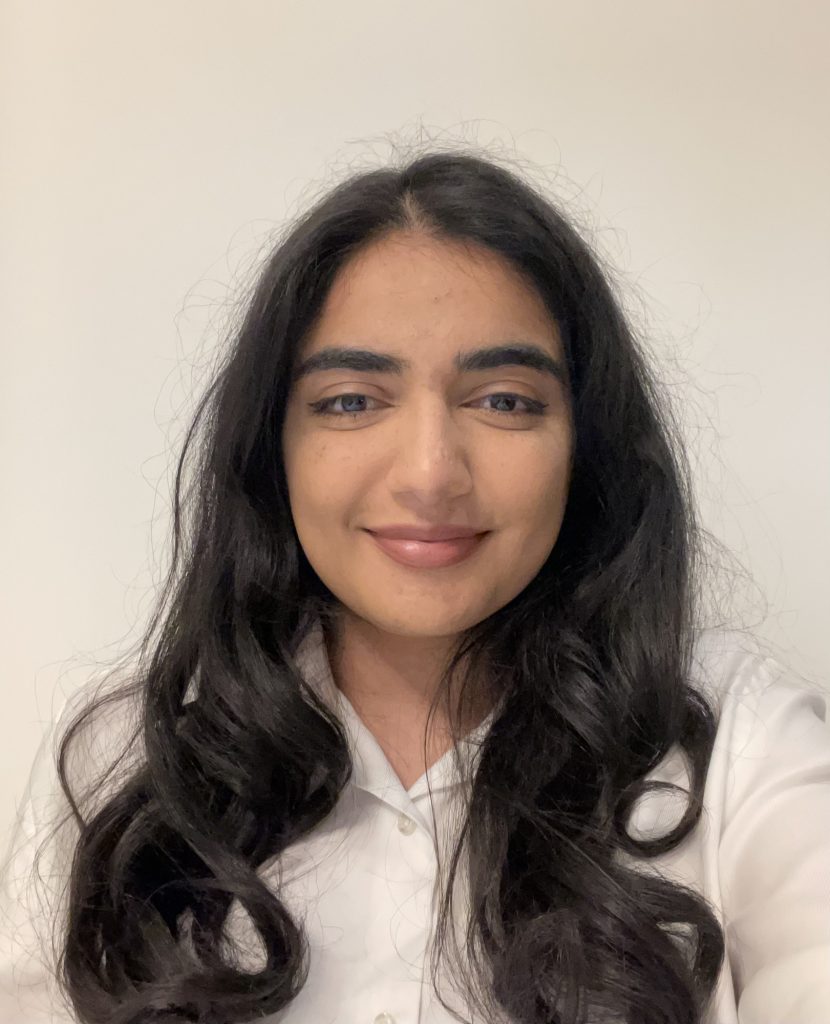
Adan
Amer -
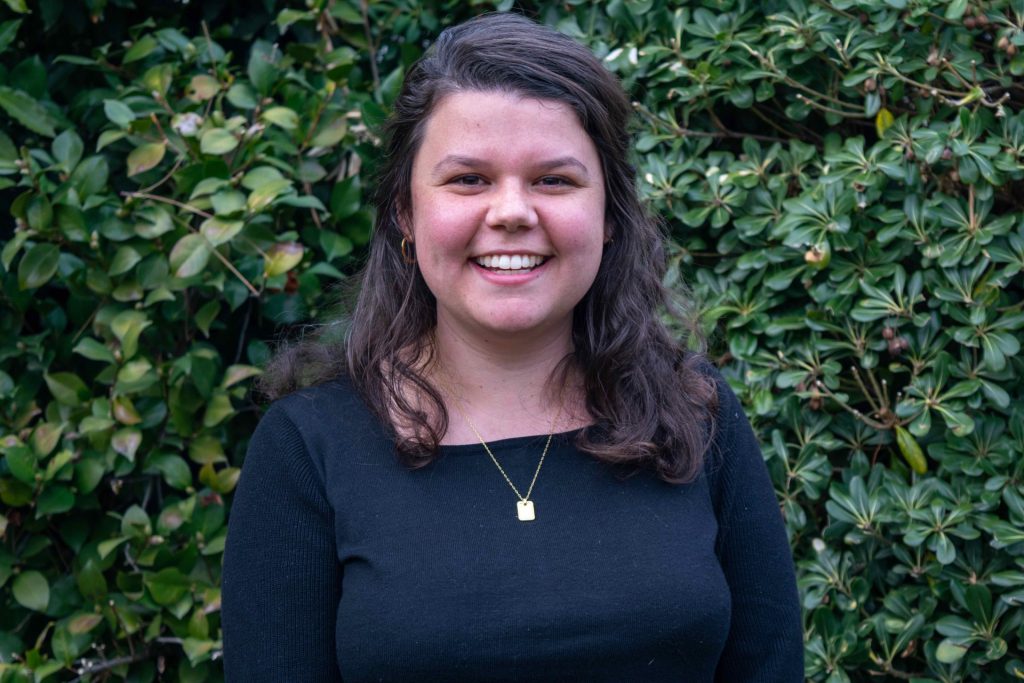
Adrienne
Young -
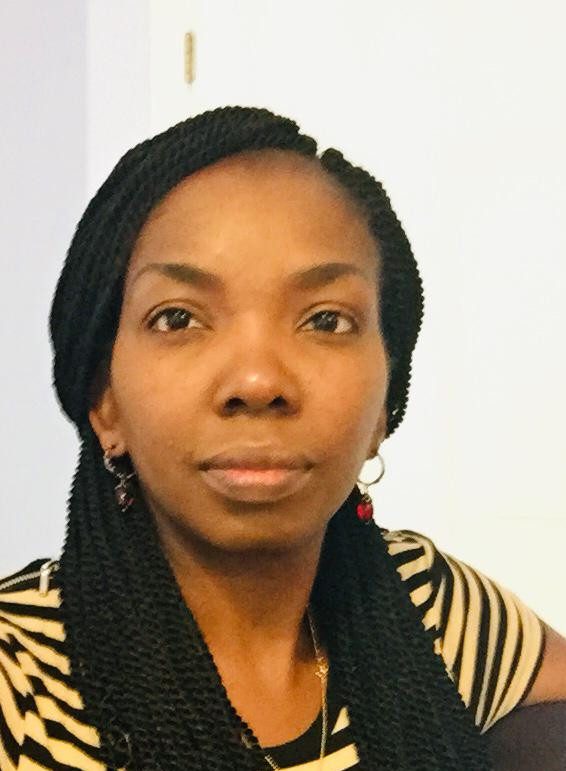
Afolake
Awoyiga -

Amber
Hussain -

Andem
Effiong -
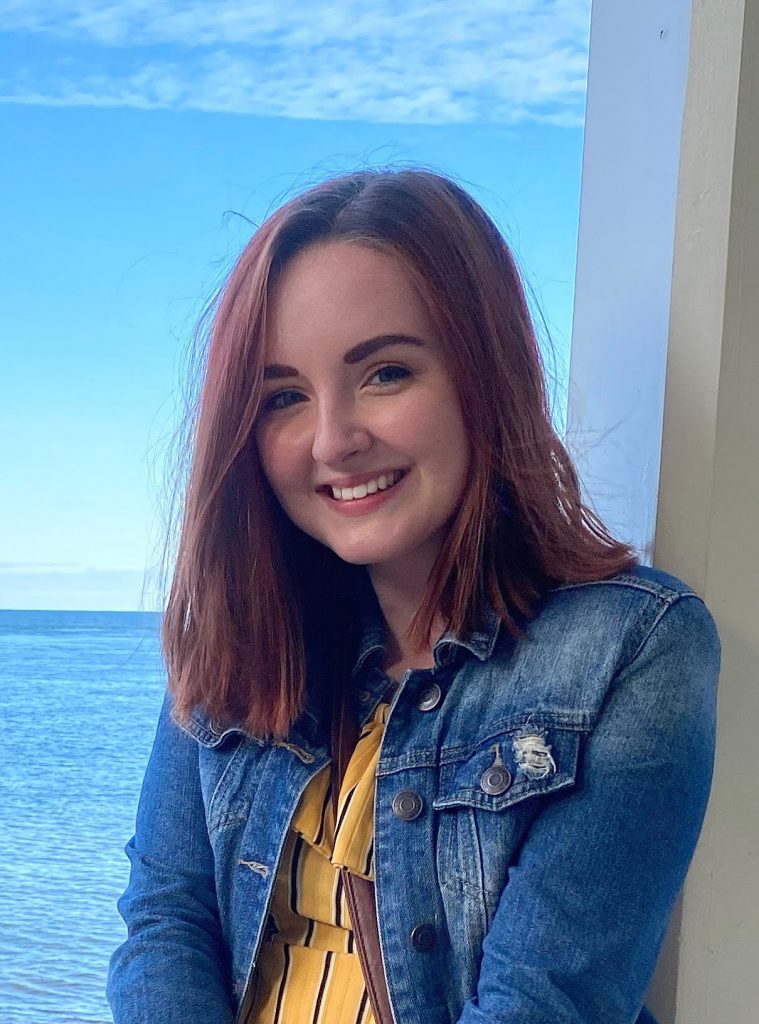
Angela
Ashley -
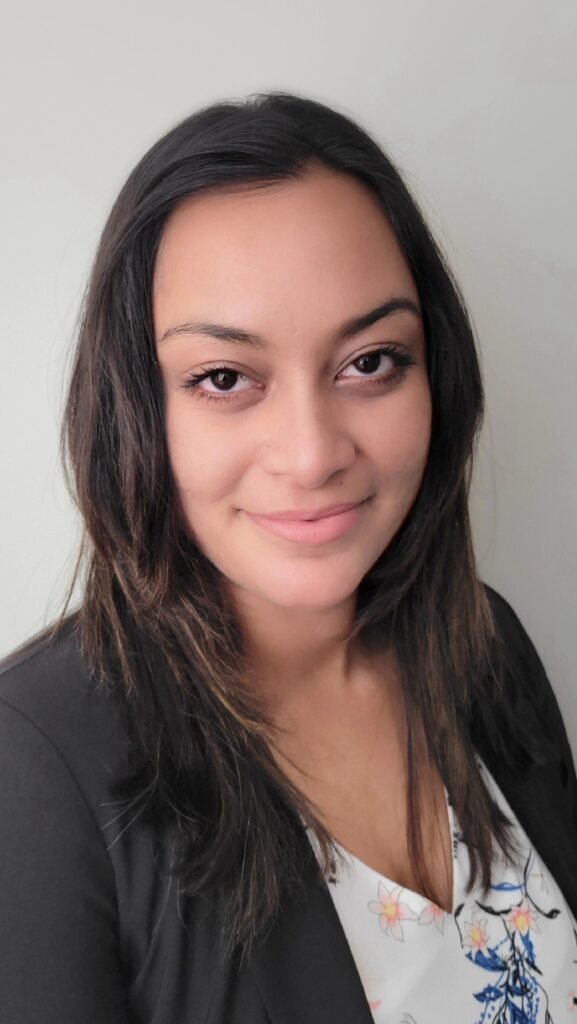
Angela
Senevirathna -
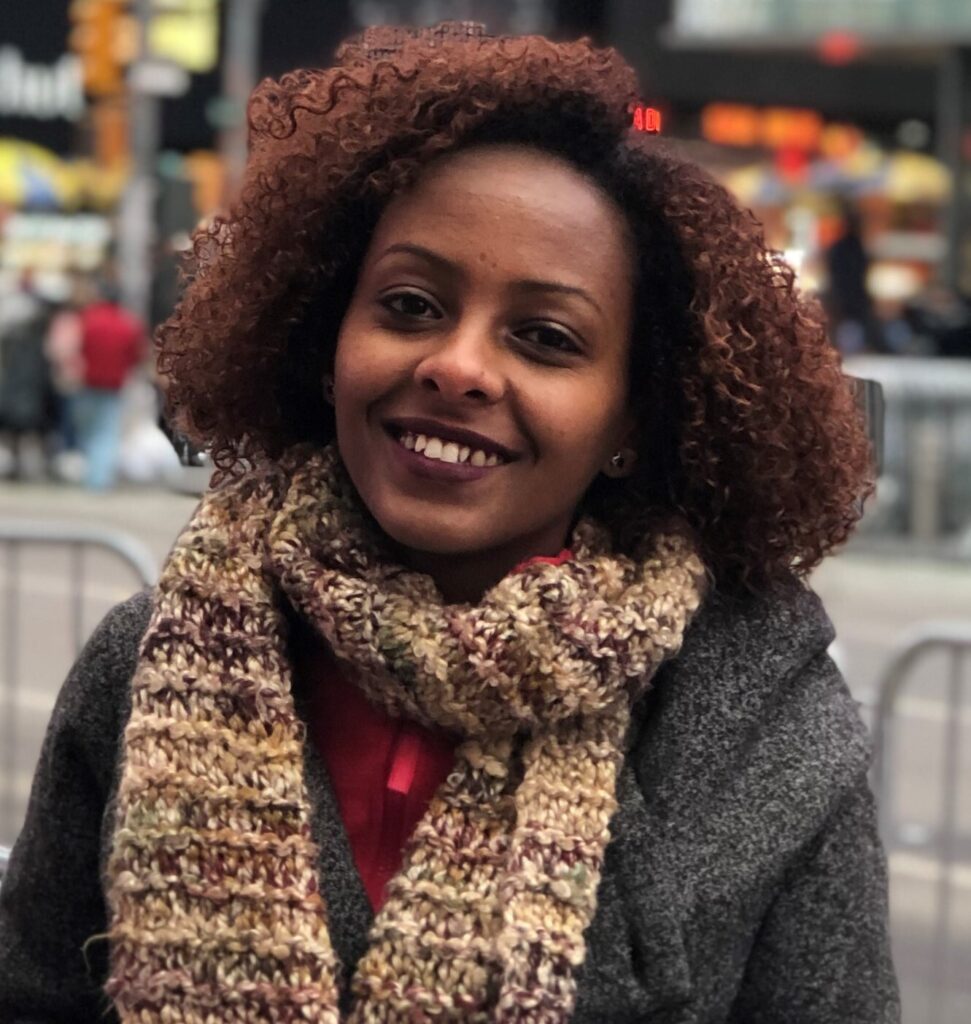
Bilen
Araya -

Bishnu
Bajgain -
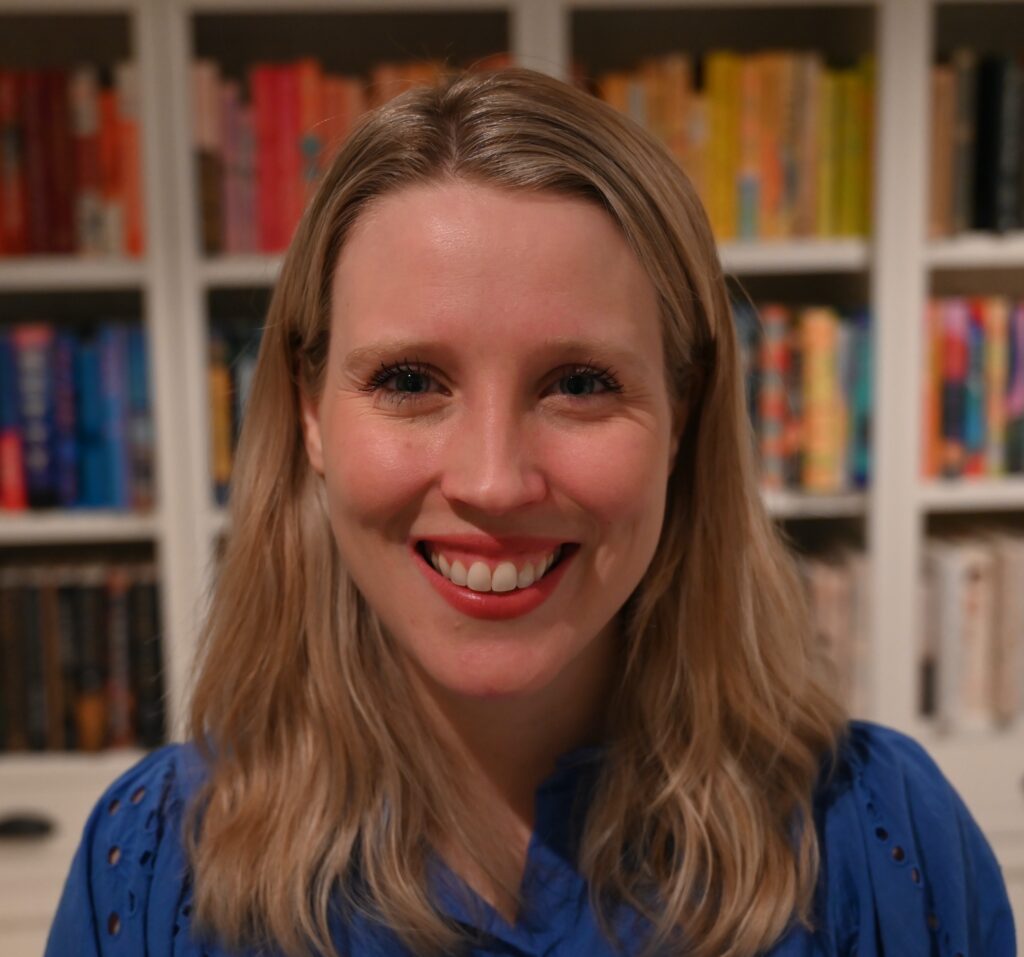
Catilin
Piccone -

Cindy
Quan -
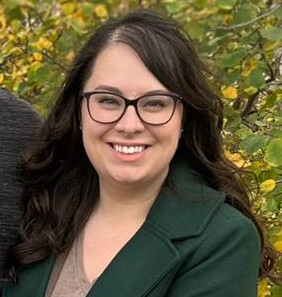
Devyn
Rorem -

Elaheh
Sanoubari -

Ernest
Owusu -

Erynne
Sjoblom -
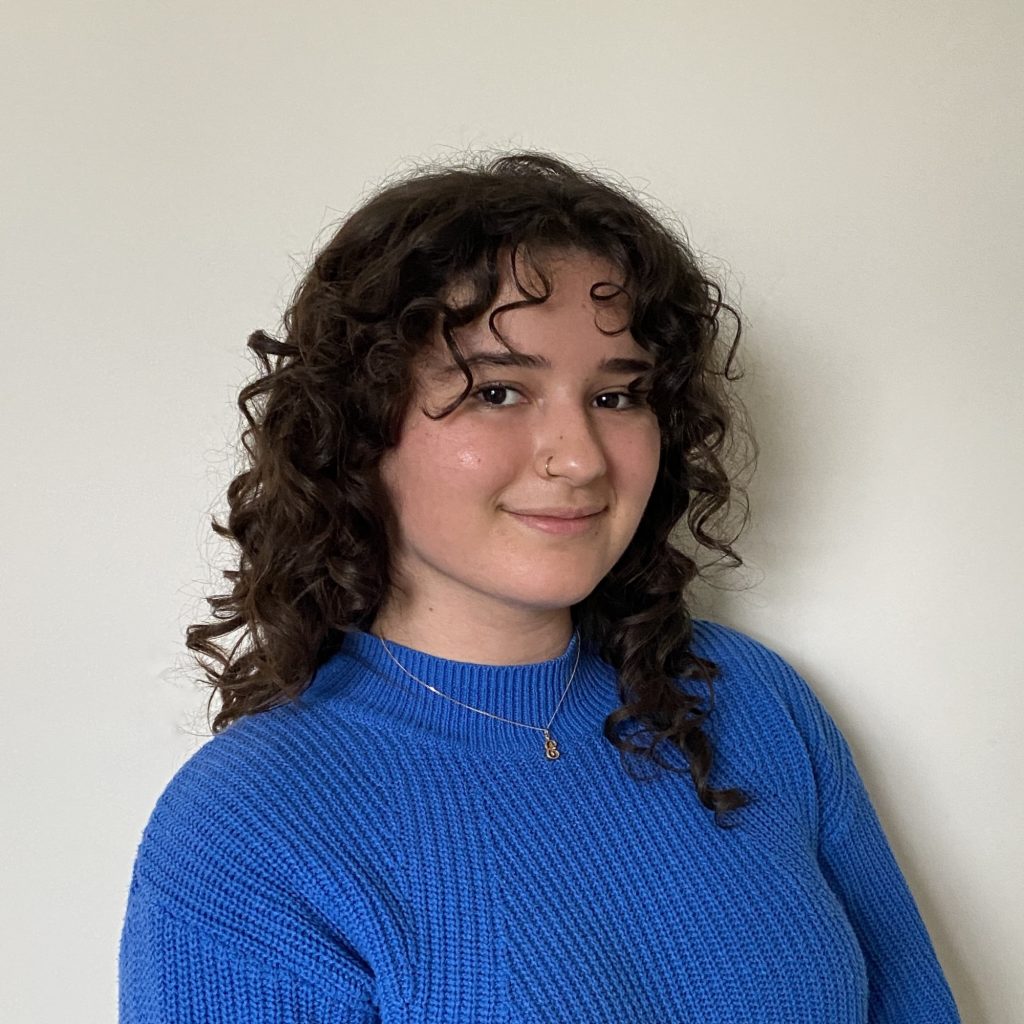
Estreya
Cohen -
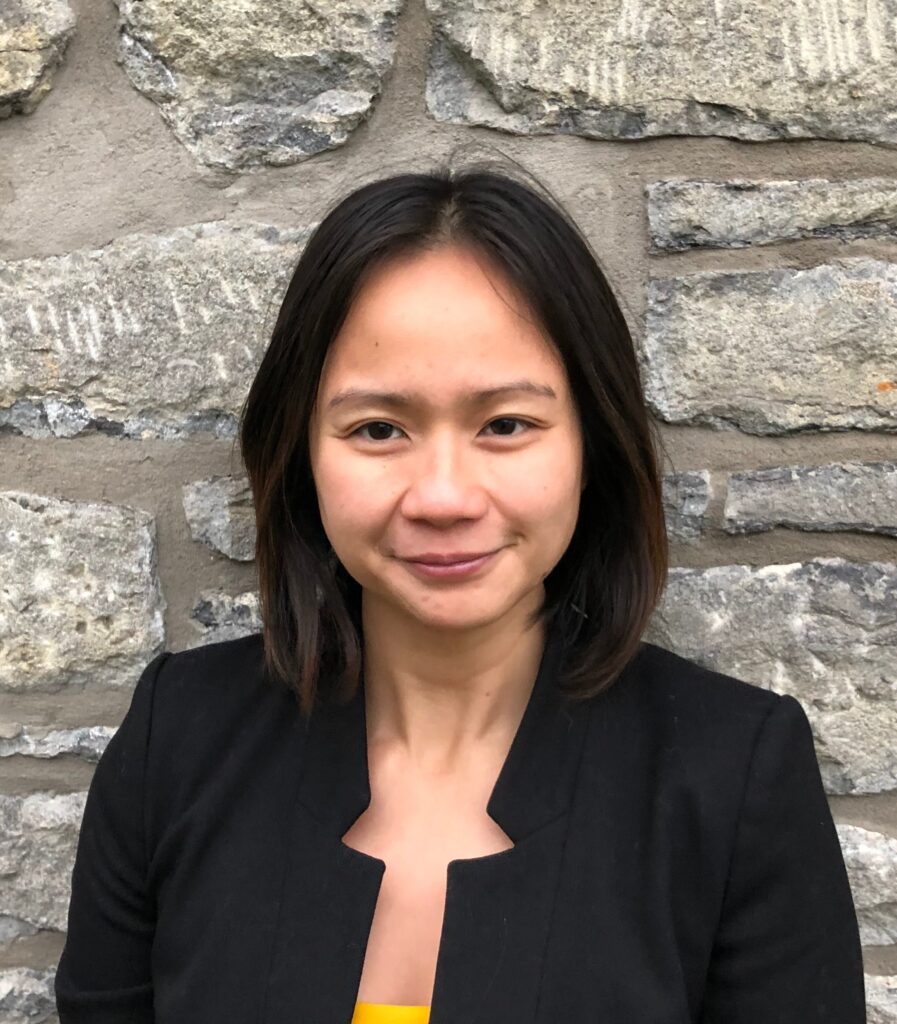
Geneveave
Barbo -
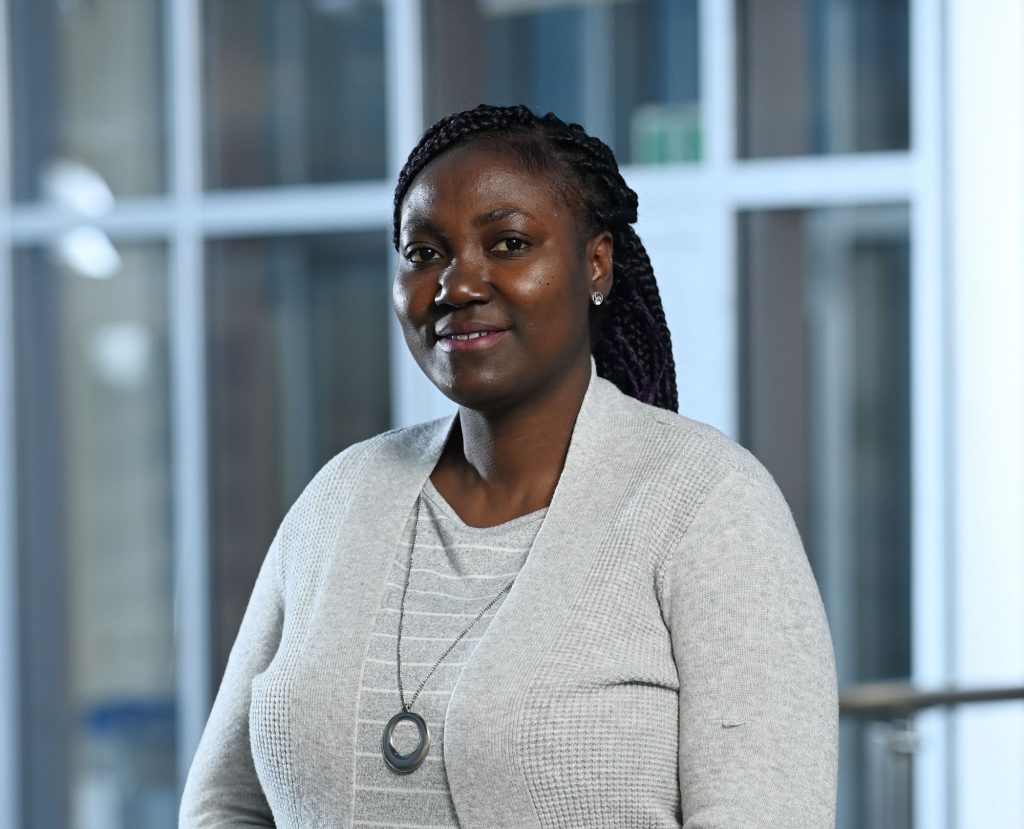
Gloria
Obuobi-Donkor -
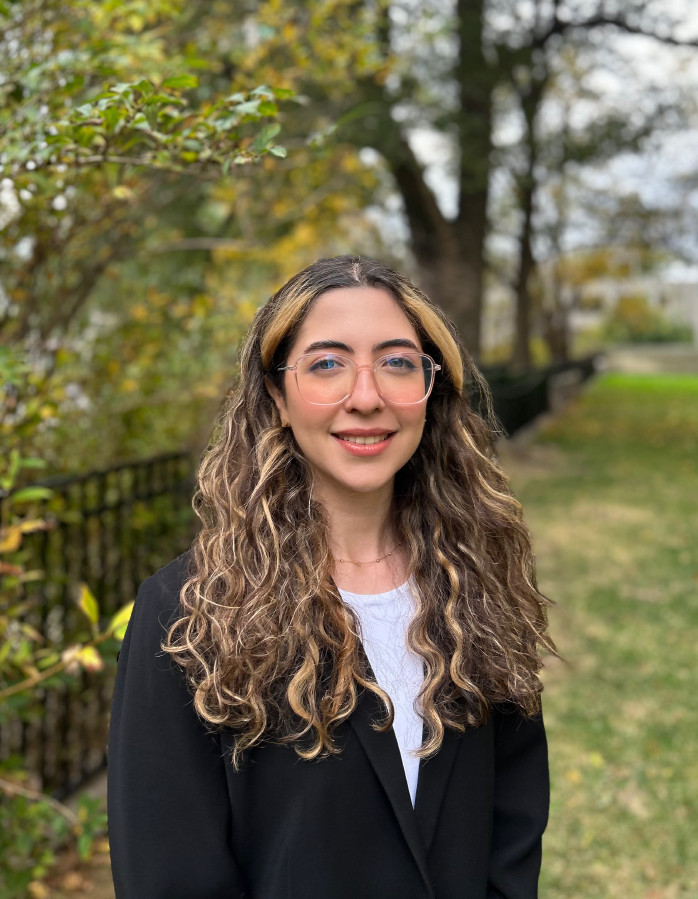
Haleh
Hashemi -

Ishani
Bharadwaj -
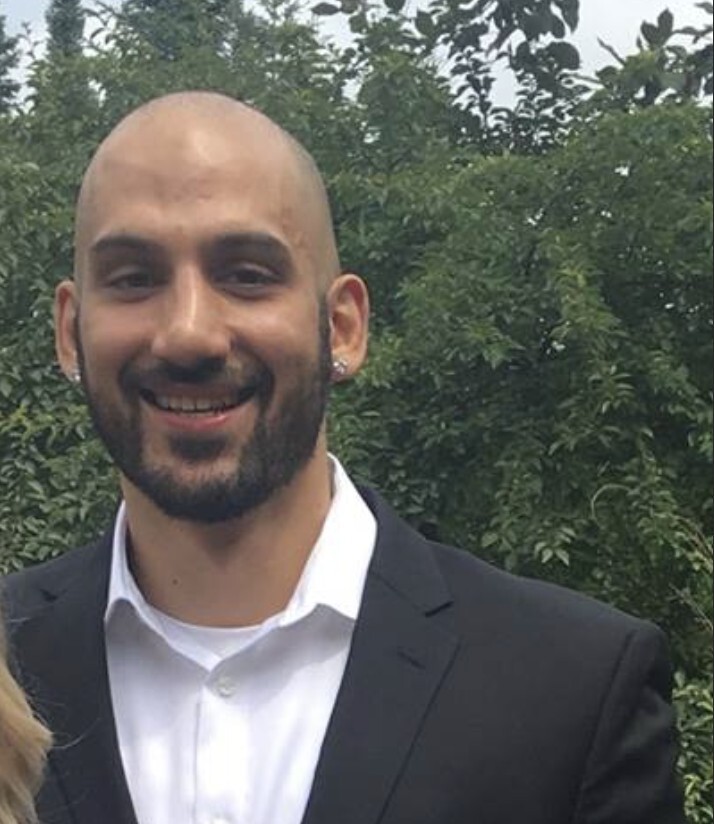
Izzy
Malik -

Jade
Stobbart -
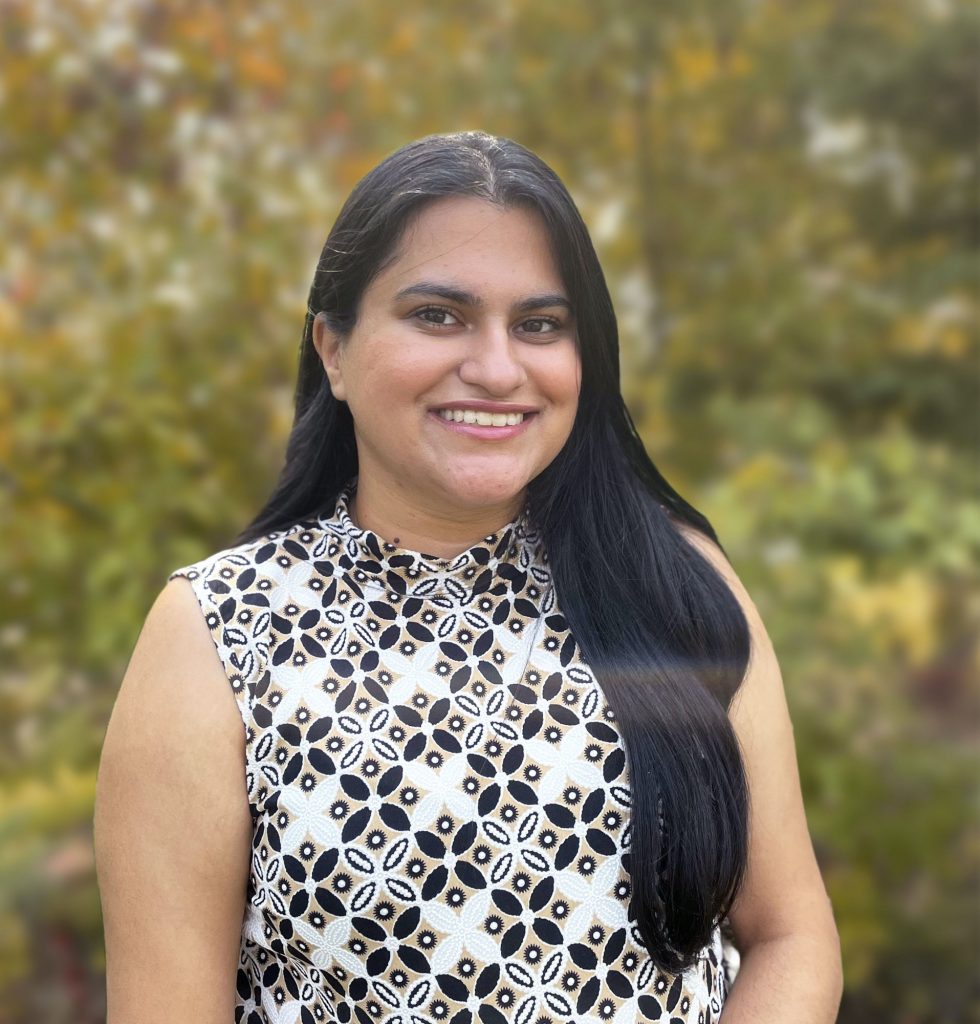
Jasleen
Kaur -

Jazzmin
Demy -
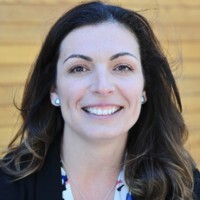
Jennifer
Bertoni -

Jocelyn
Paul -

Jori
Ganetsky -

Linda
Chen -
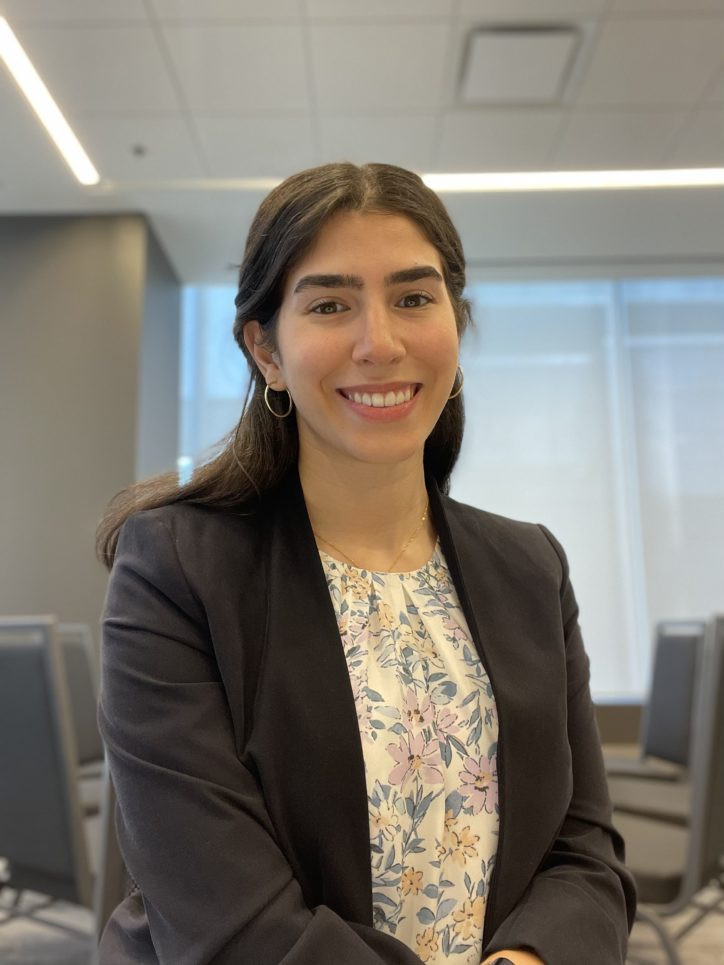
Lojain
Hamwi -
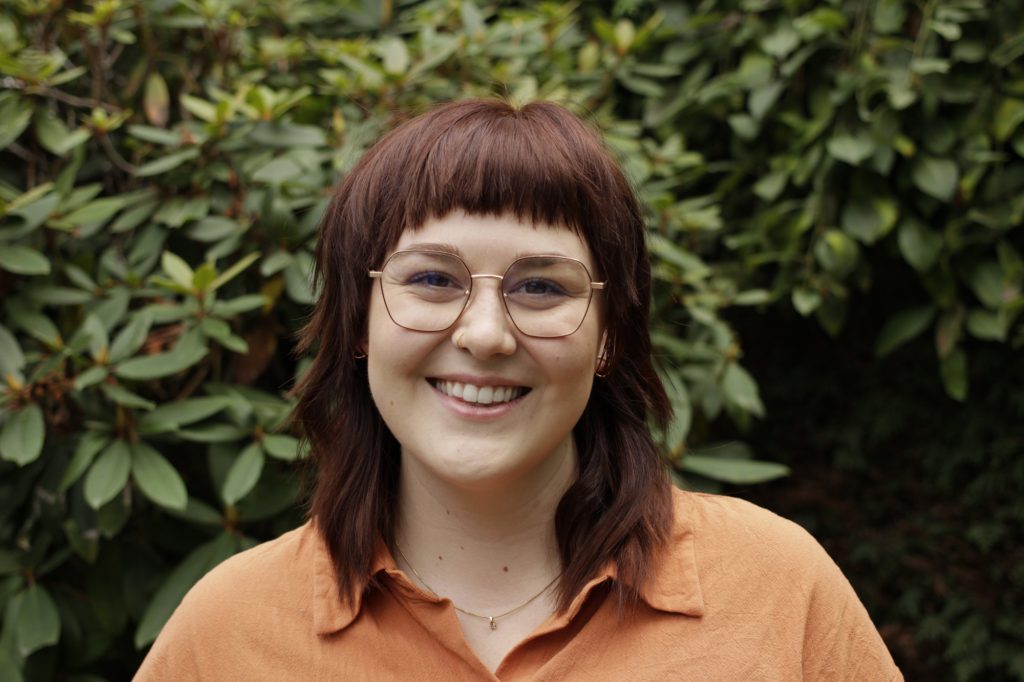
Makayla
Freeman -

Maryam
Pyar
Ali
Lakhdir -
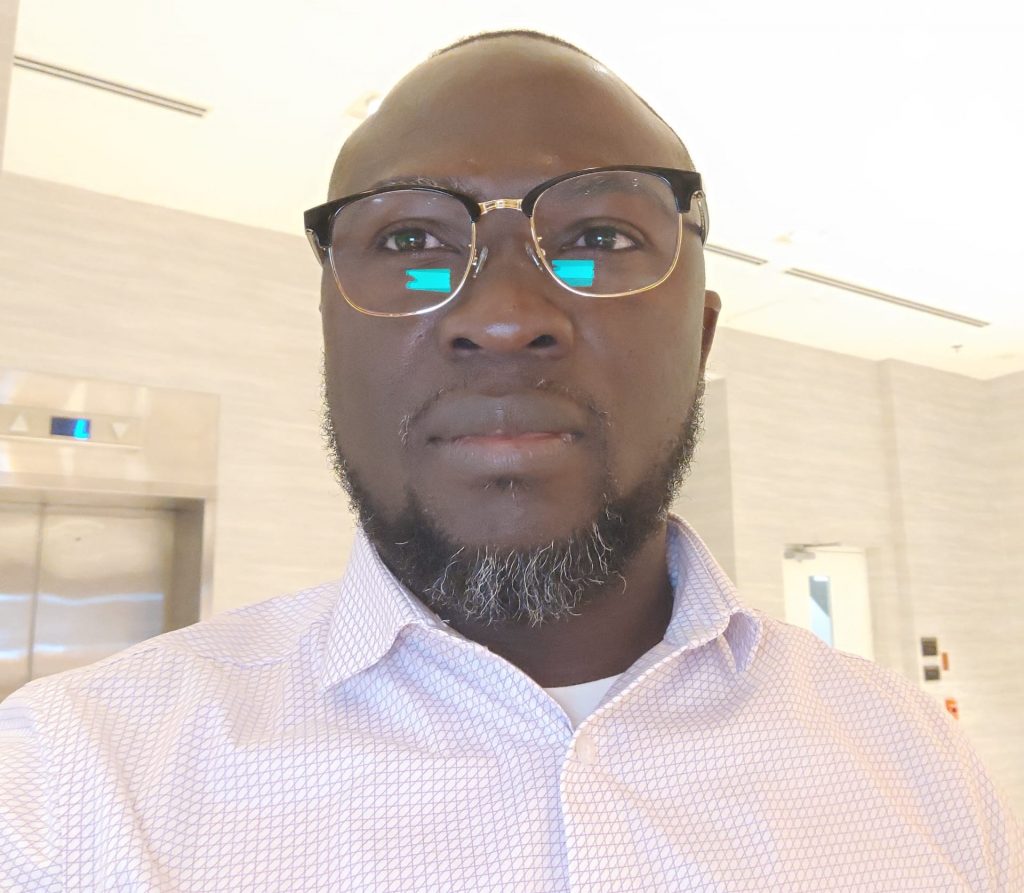
Medard
Adu -

Mya
Dockrill -
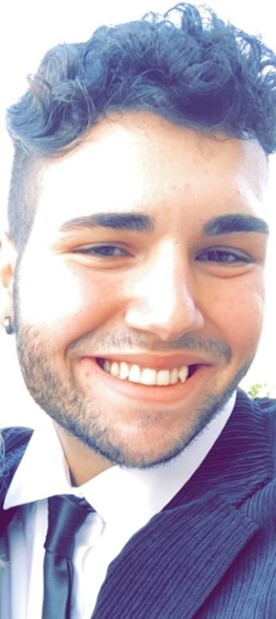
Nagi
Abouzeid -
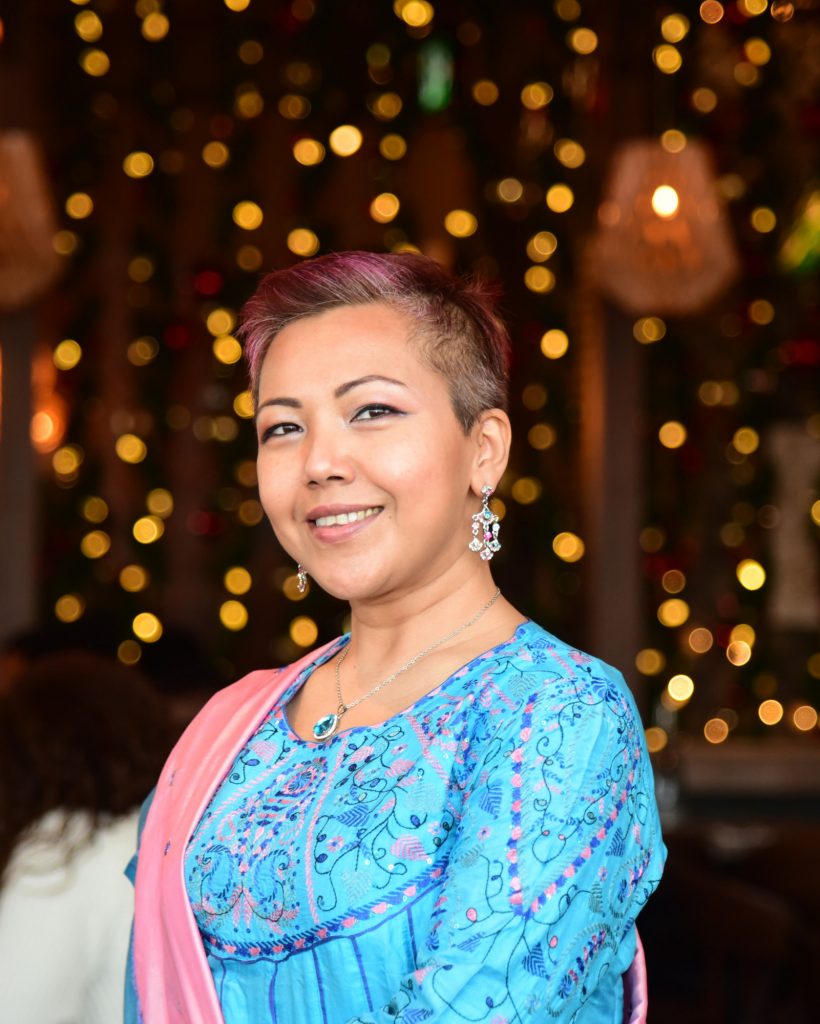
Naureen
Sikder -
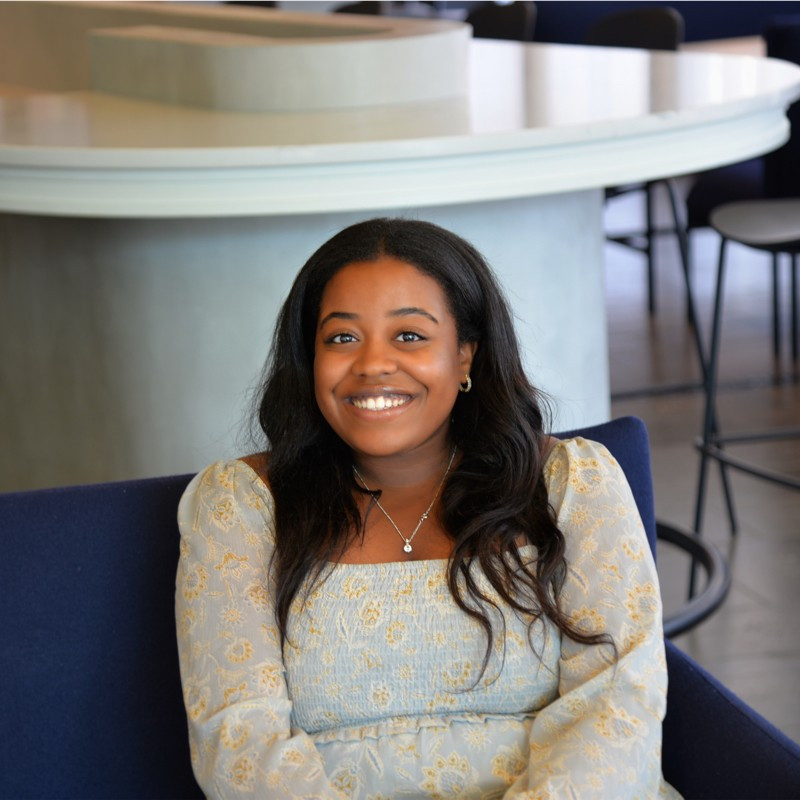
Salomé
Jean-Denis -
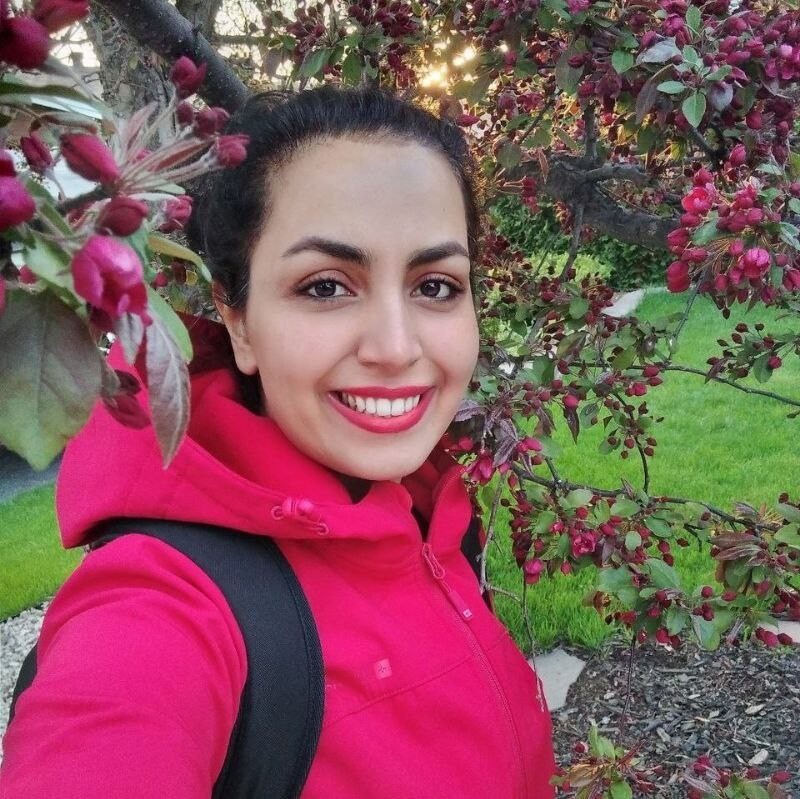
Samaneh
Abedini
Najafabadi -
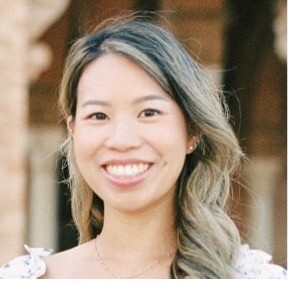
Samantha
Chan -
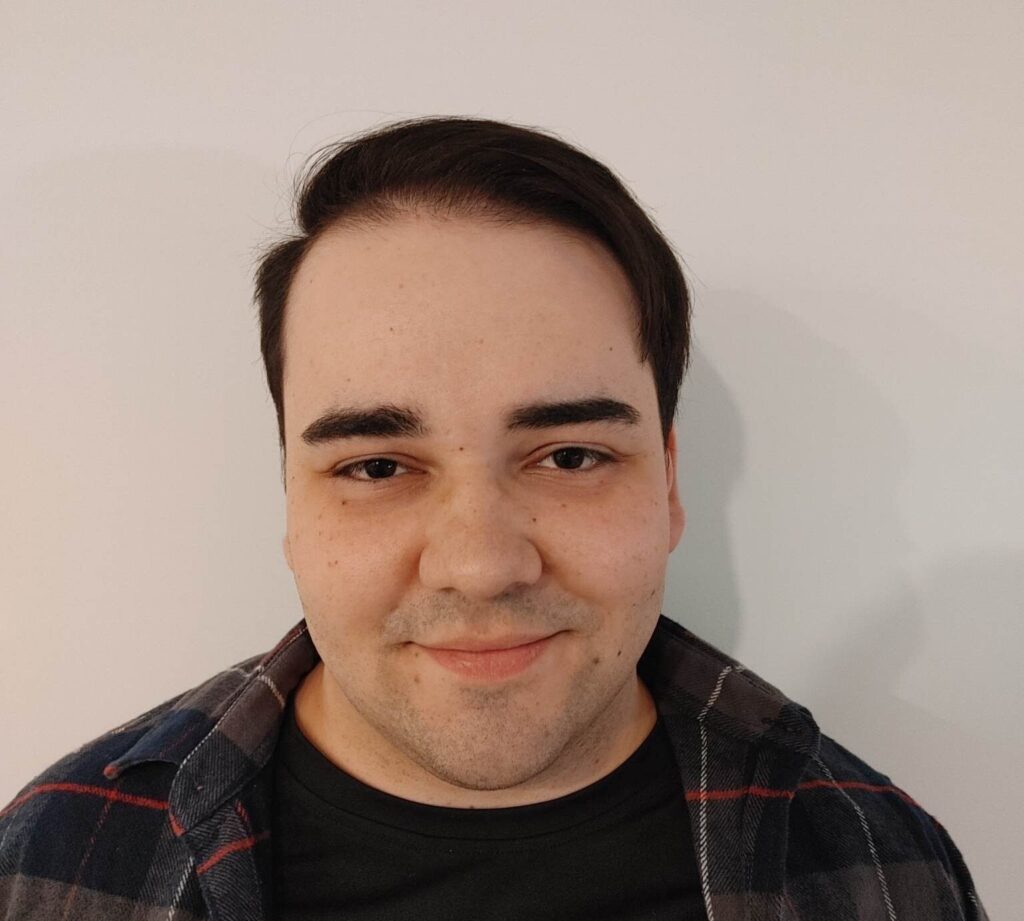
Samuel
Gagné -
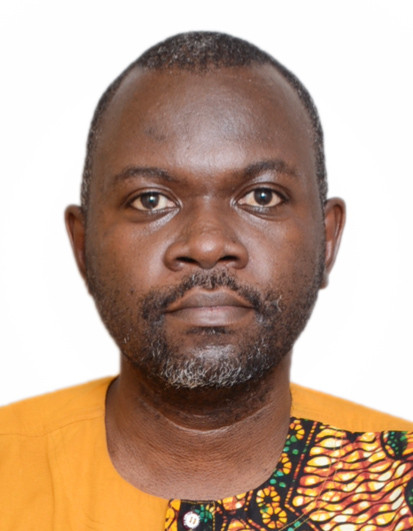
Serge
Nyirinkwaya -

Stephanie
McKenzie -
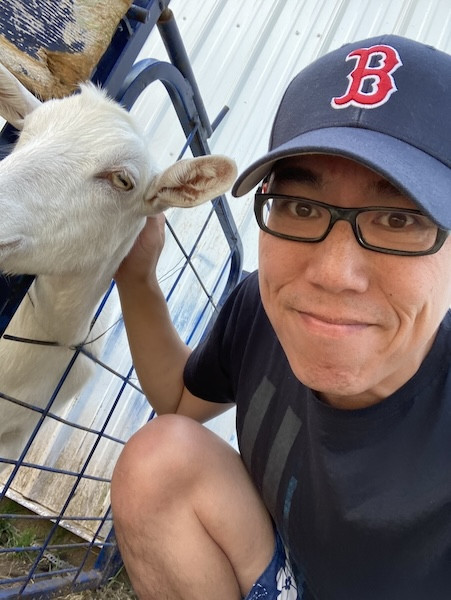
Stephen
Tu -
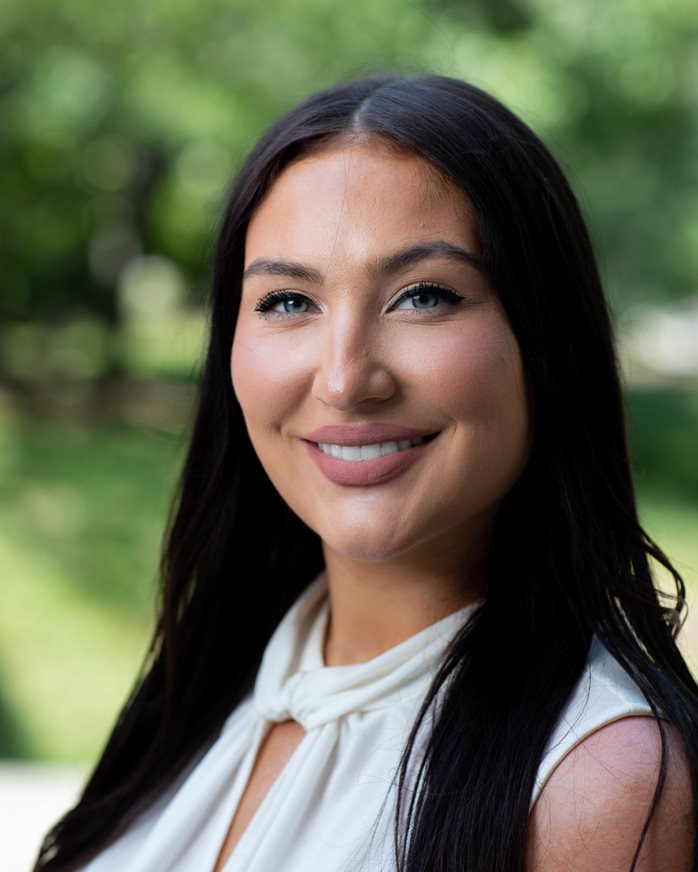
Sydney
Puhach -

Temitayo
Sodunke -
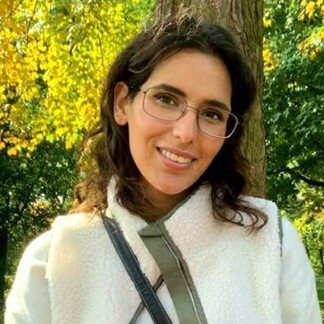
Vamika
mann -
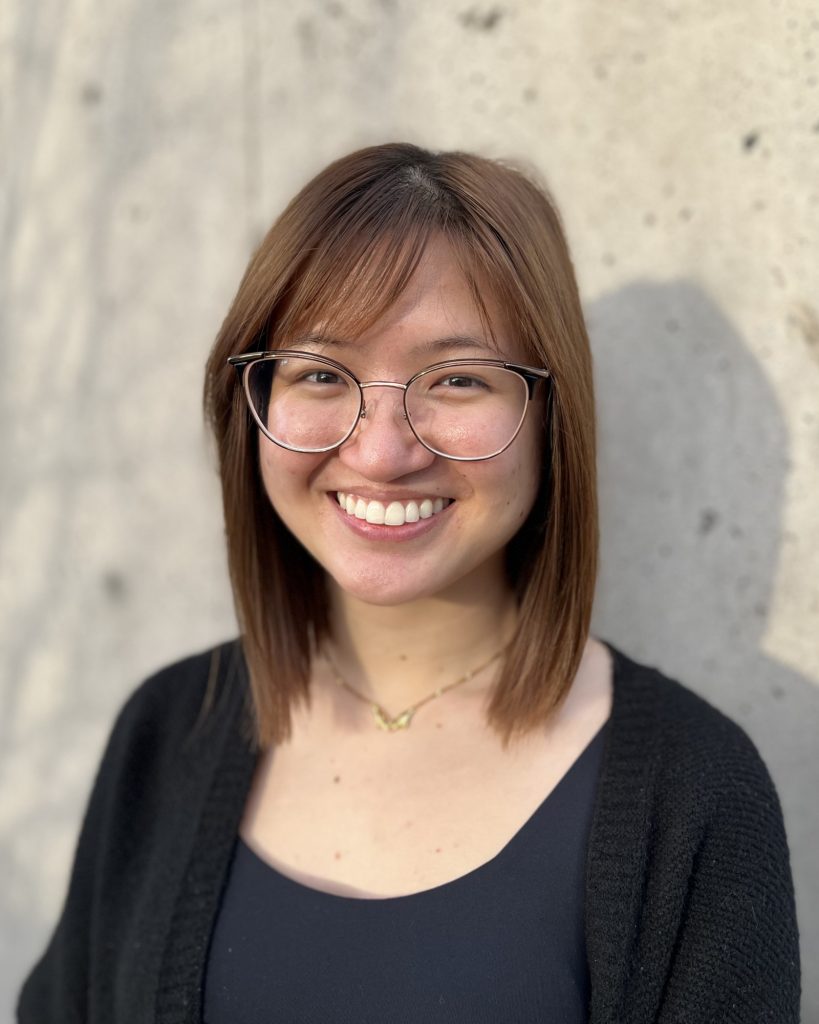
Zelyn
Lee
Personnel
-

Aarin Dsouza
(Assistante de recherche) -
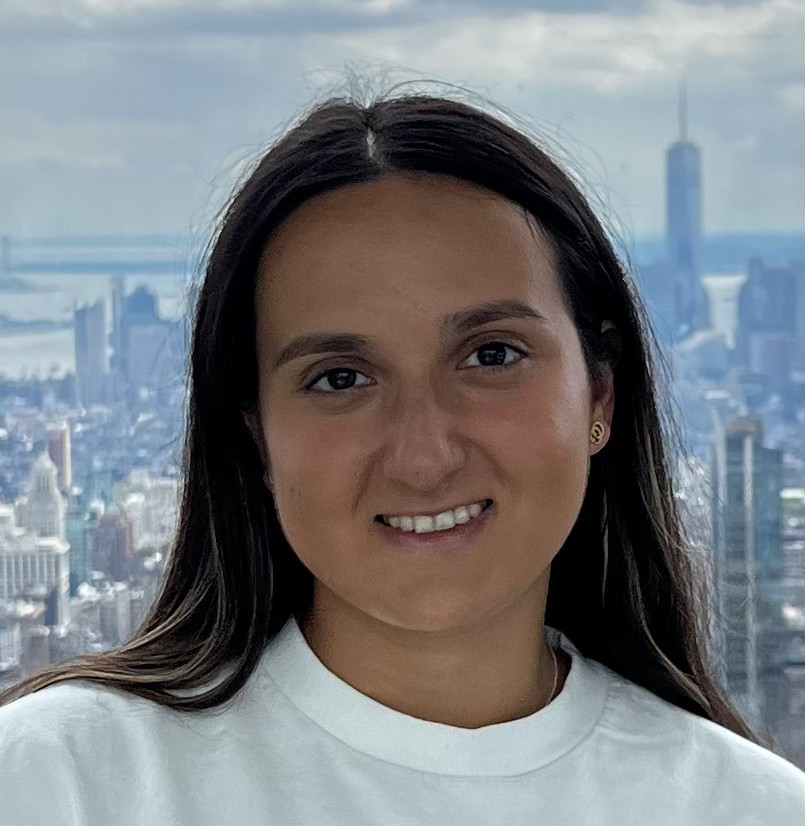
Arianna Leguia
(Assistante de recherche) -

Bobbie Vayne Riesgo
(Assistante de recherche) -
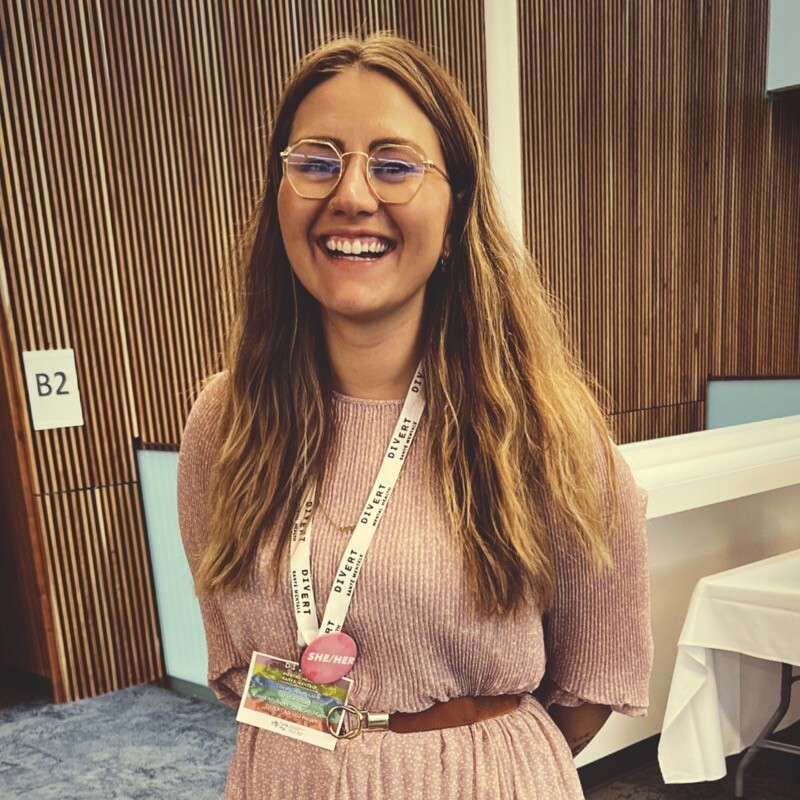
Chloé Eward
(Consultante) -

Katie Di Pierdomenico
(Chercheuse postdoctorale) -
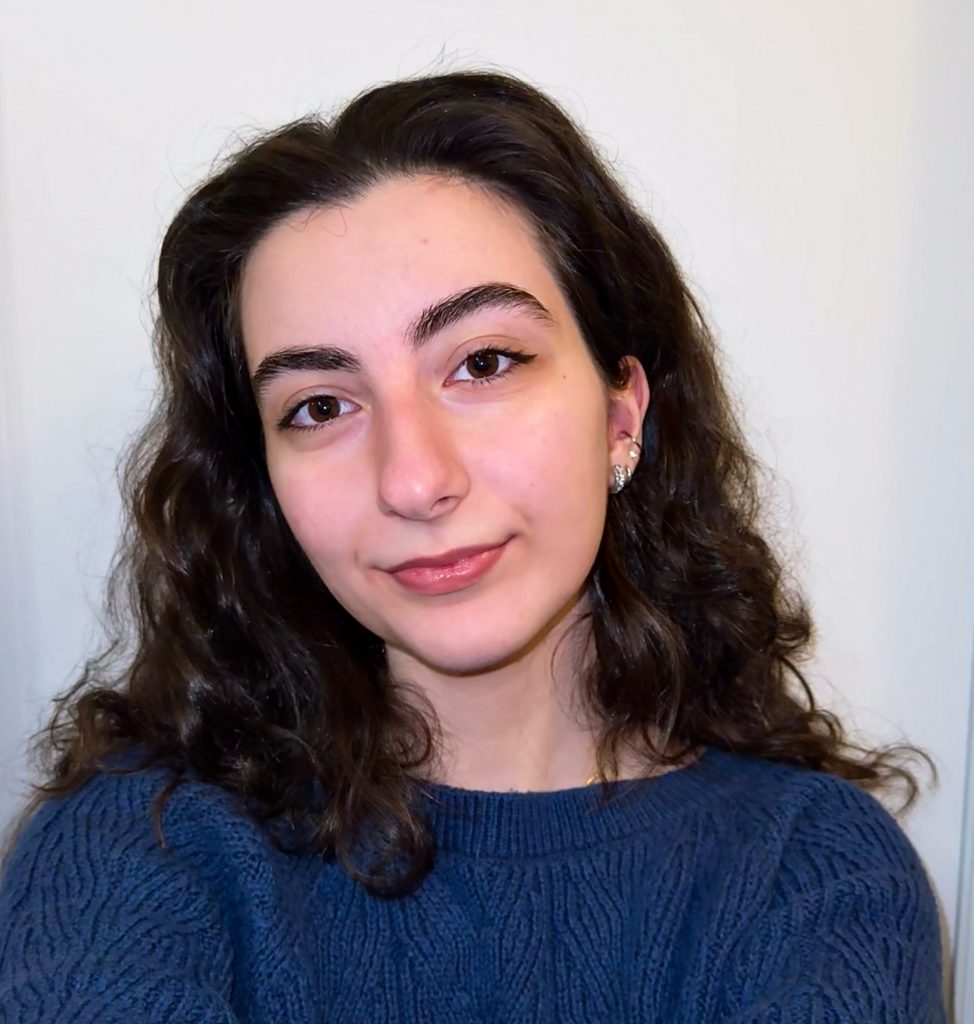
Mary-Jo Daher
(Gestionnaire de programme) -

Sk Golam Saroar
(Développeur d’infrastructure cloud et de sites web)
